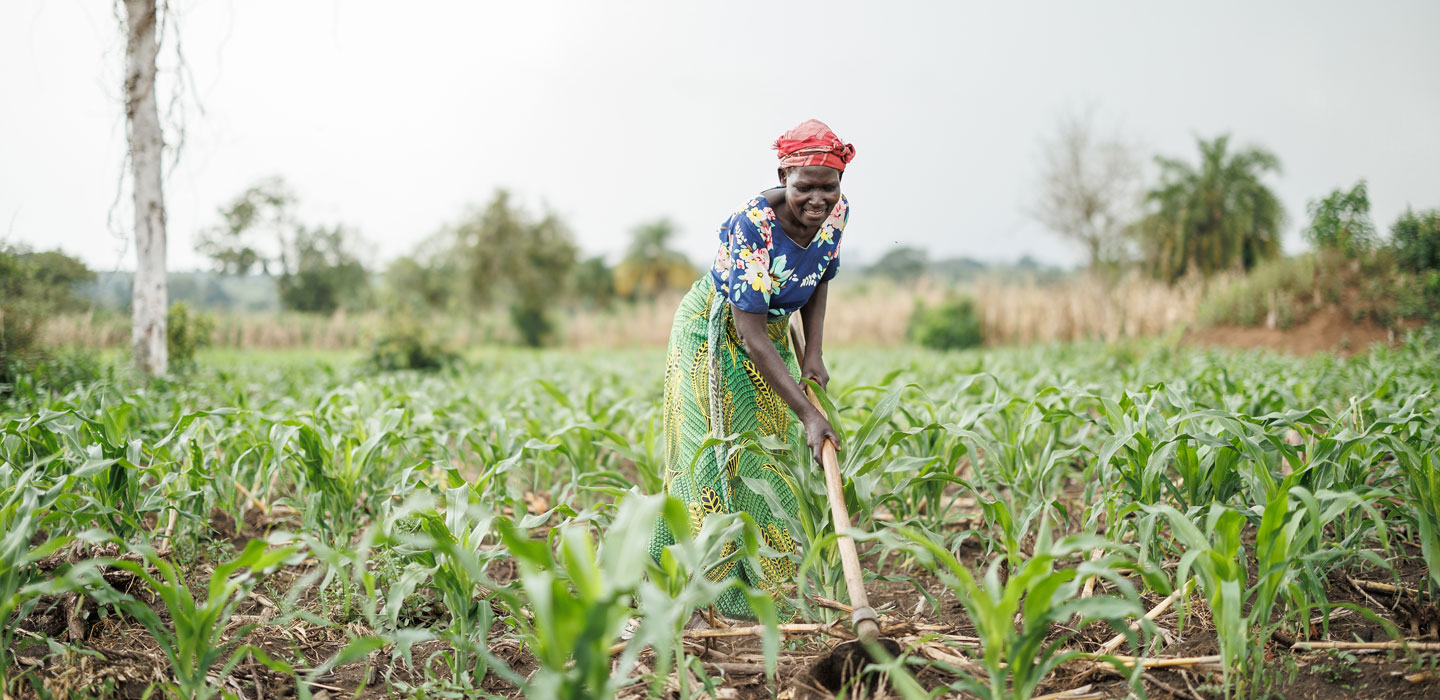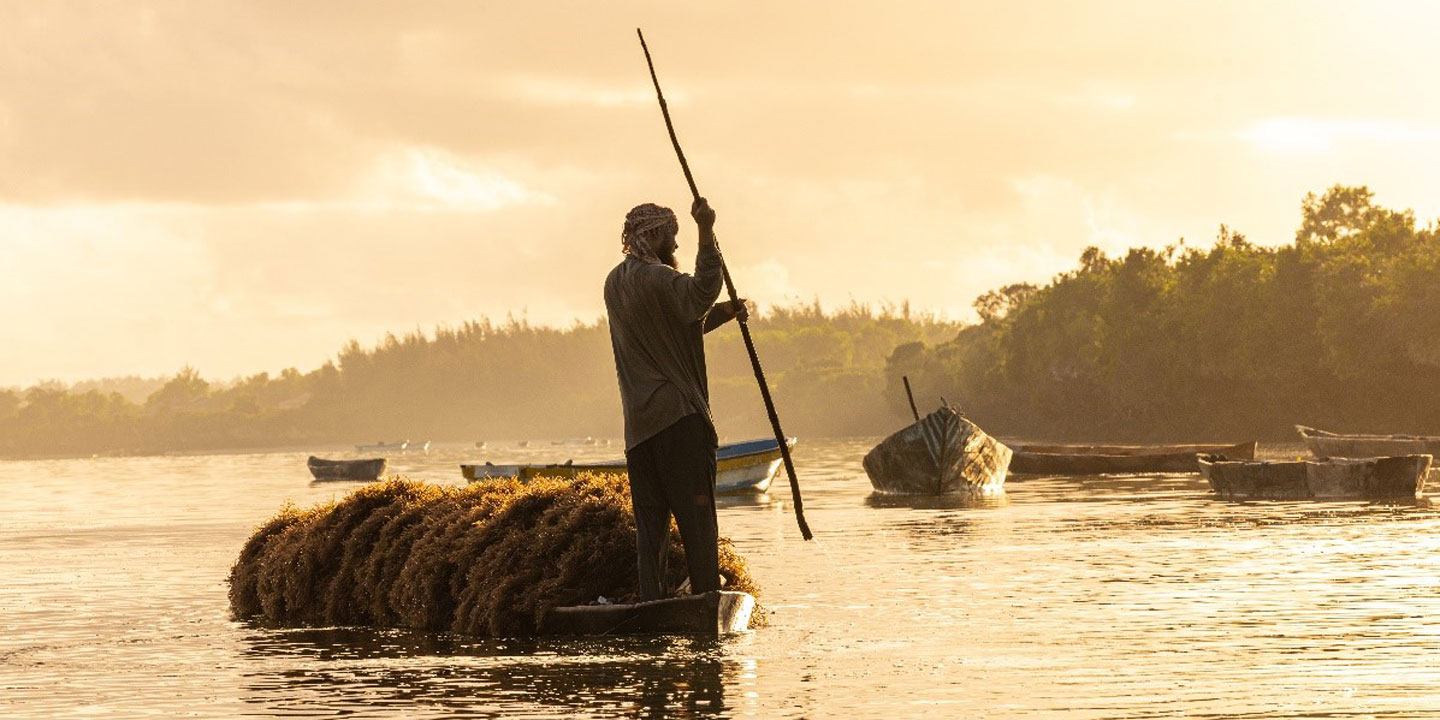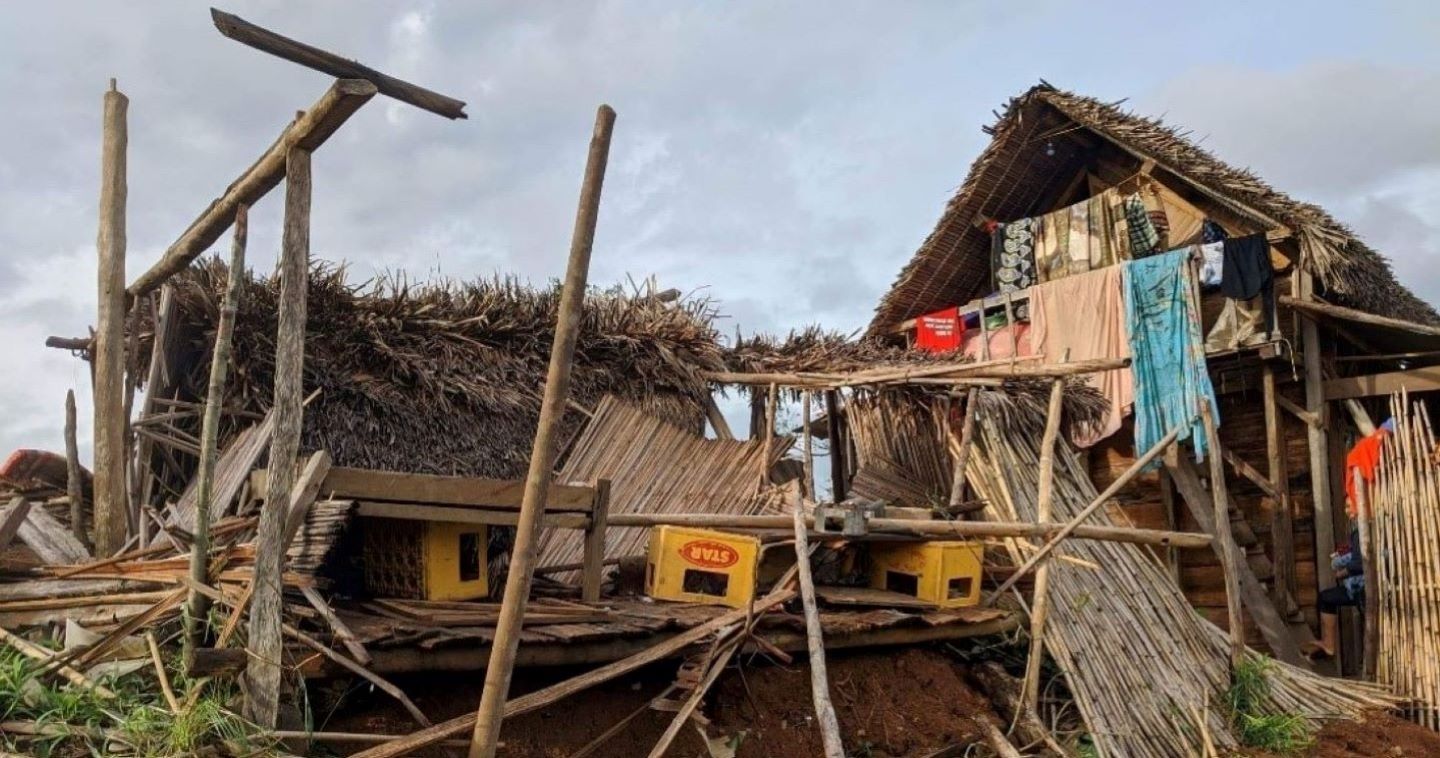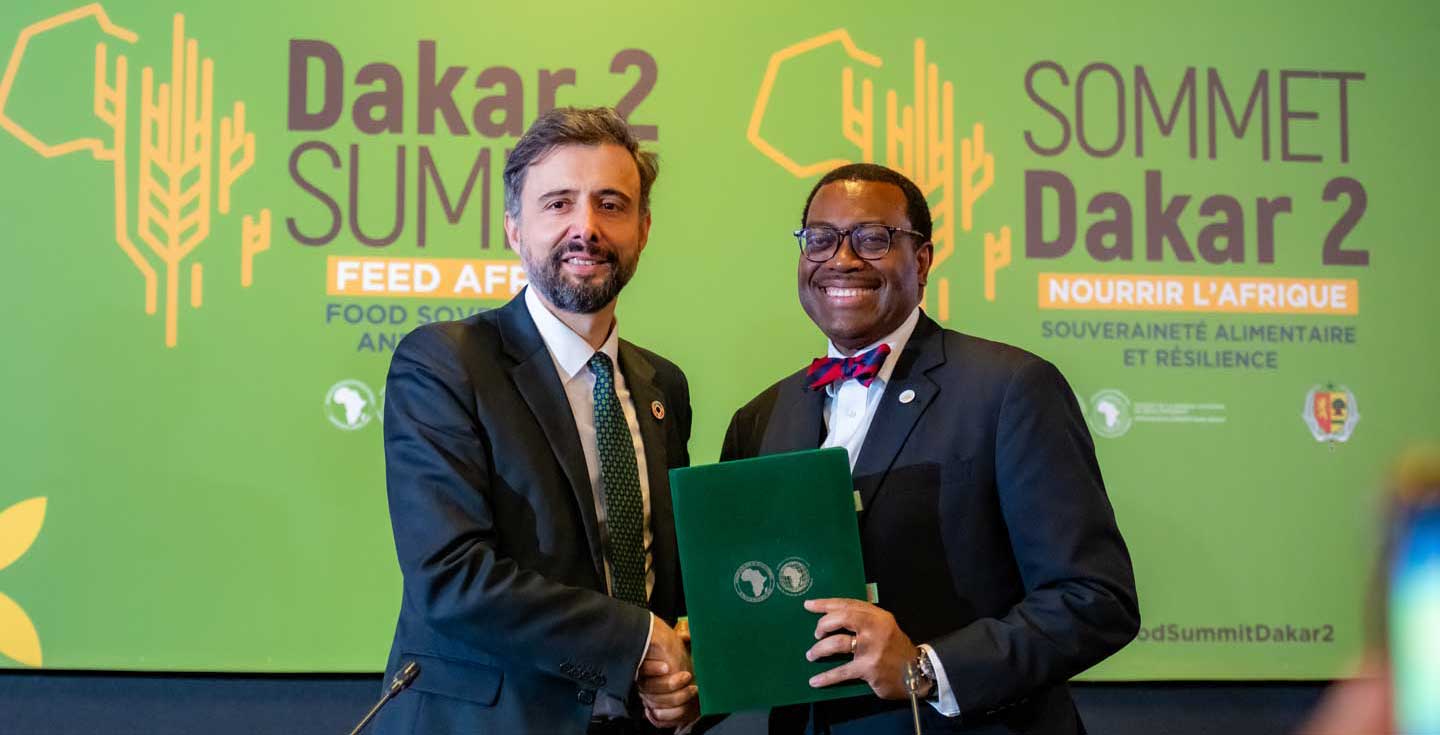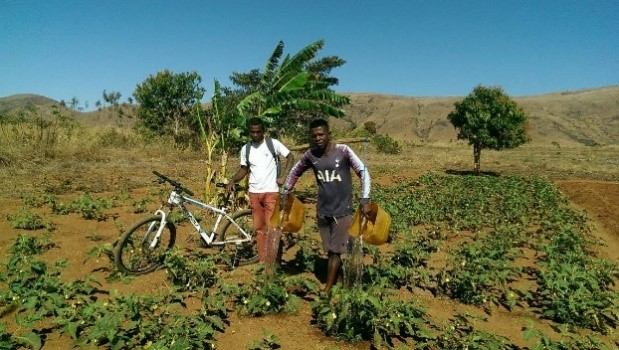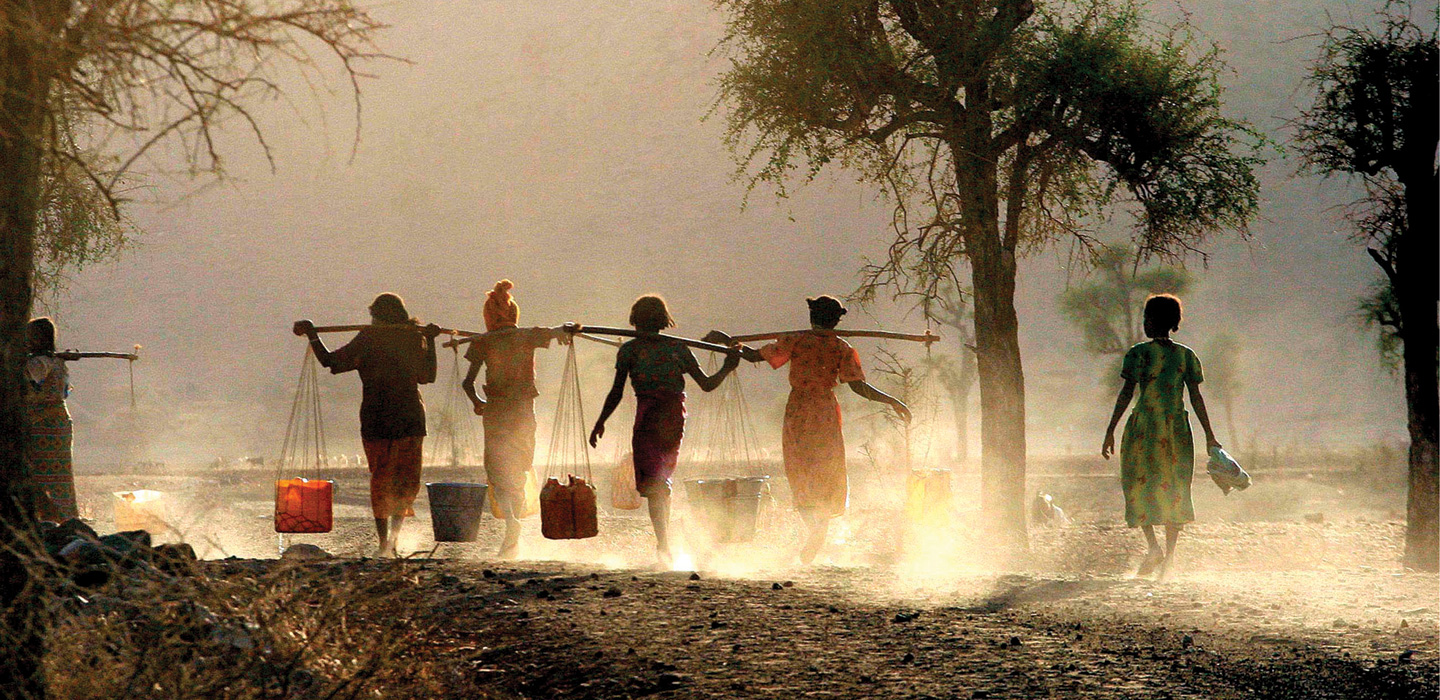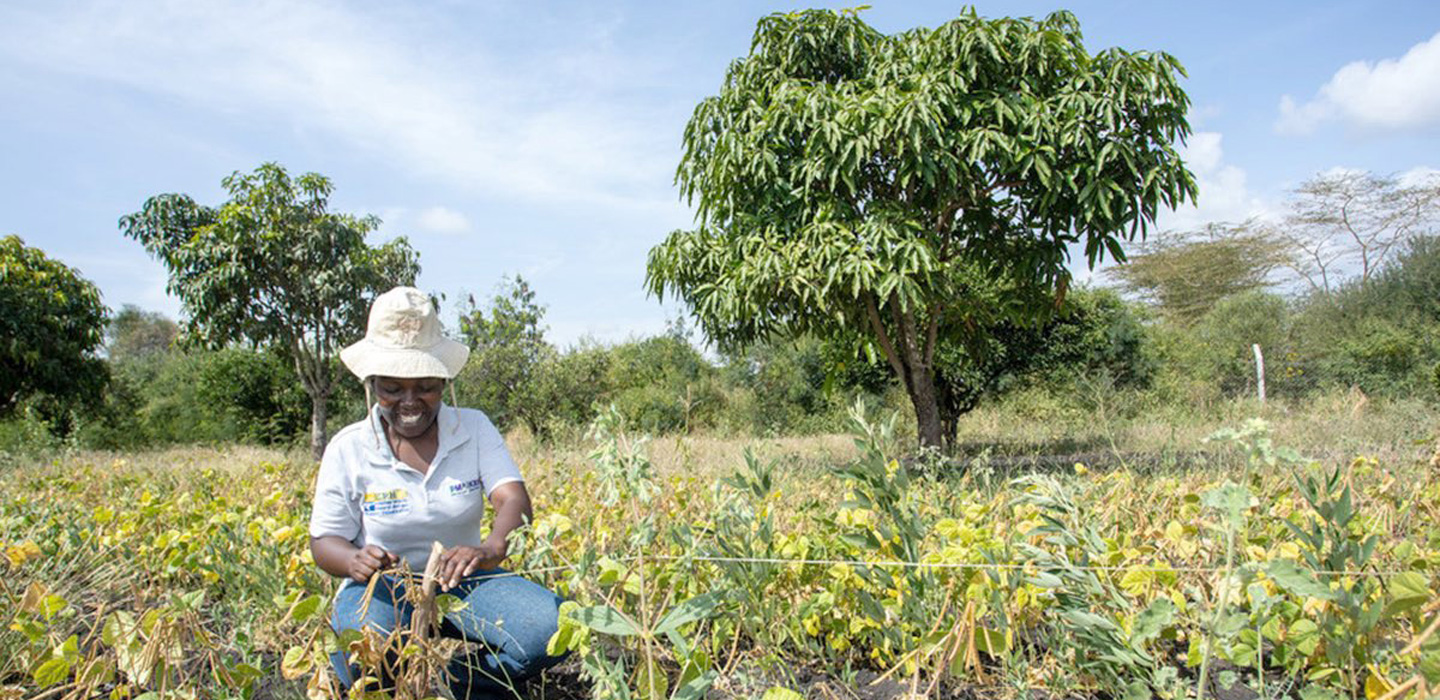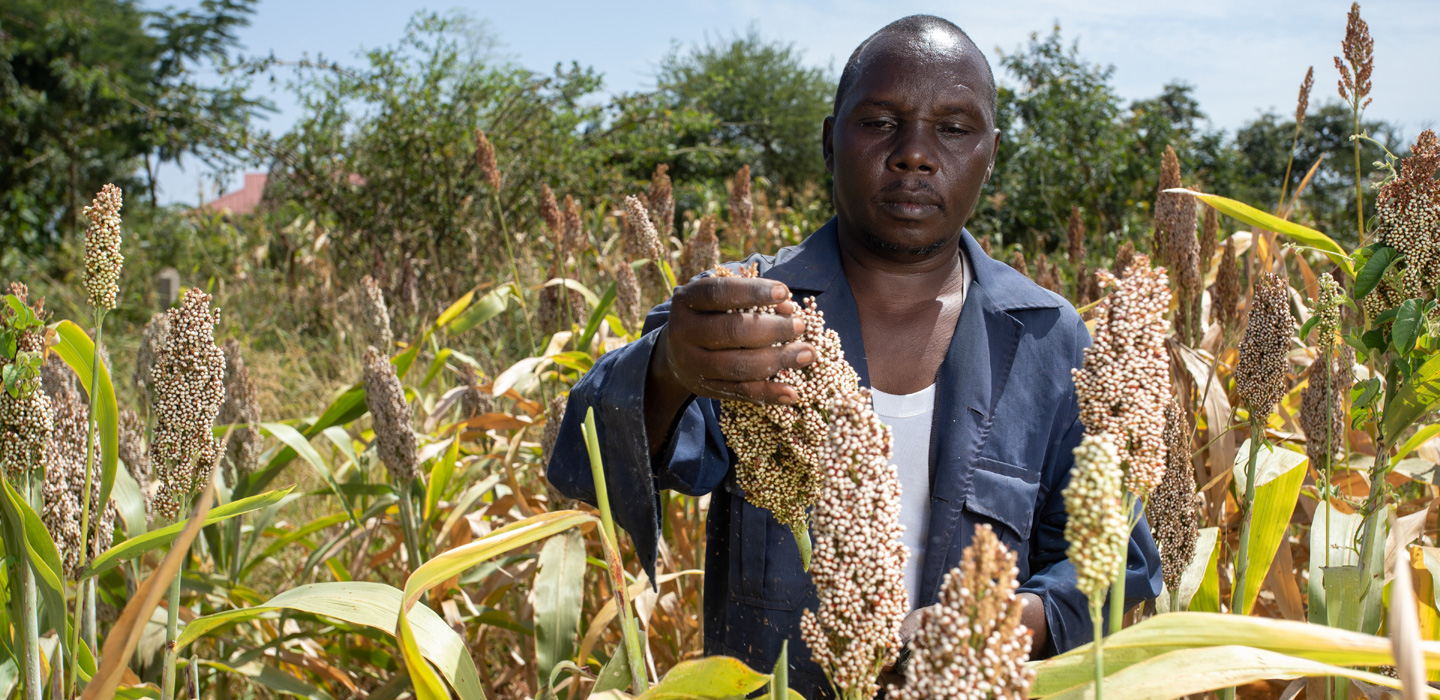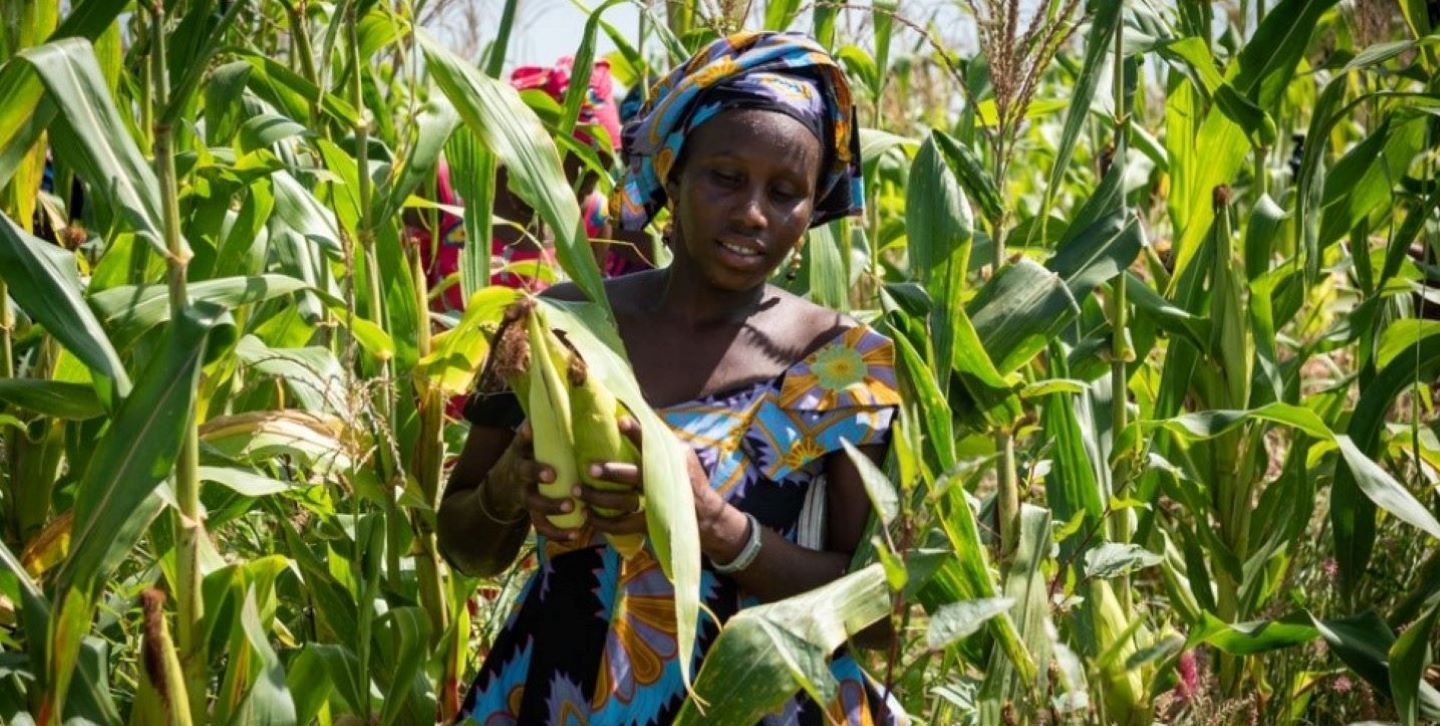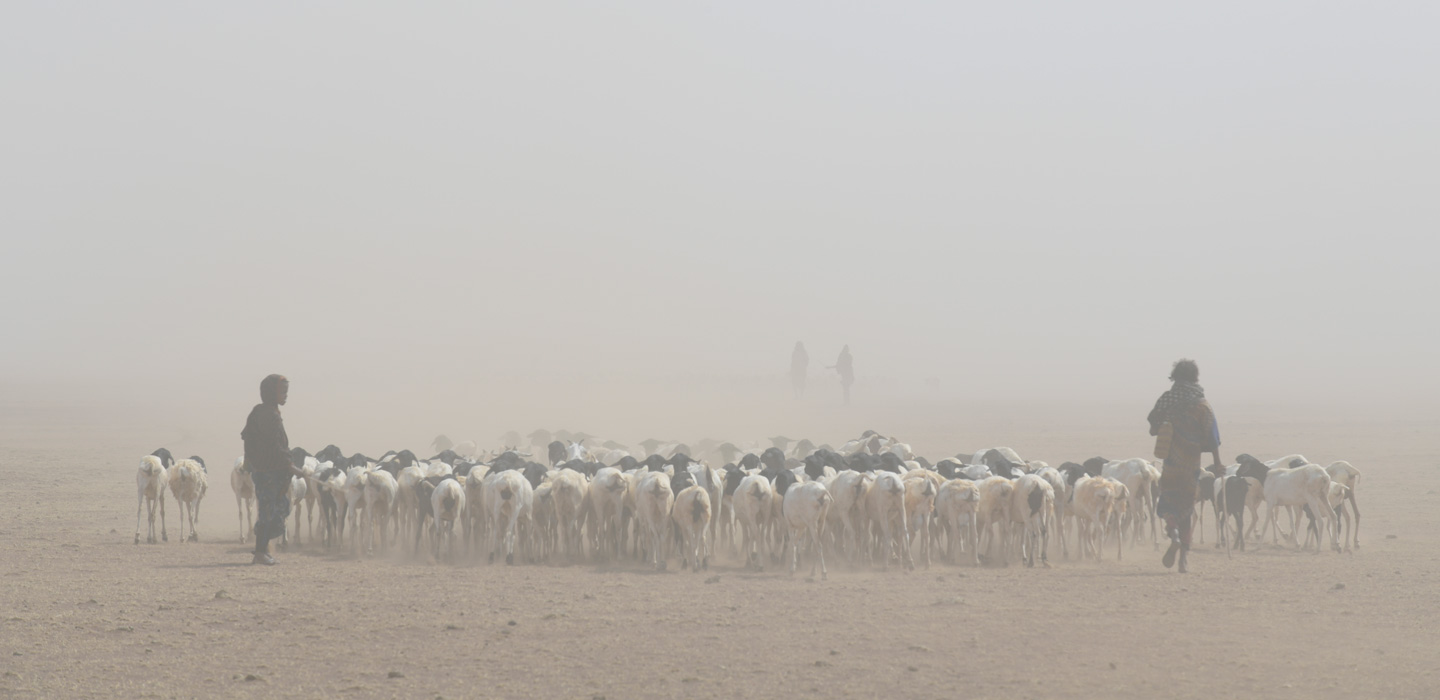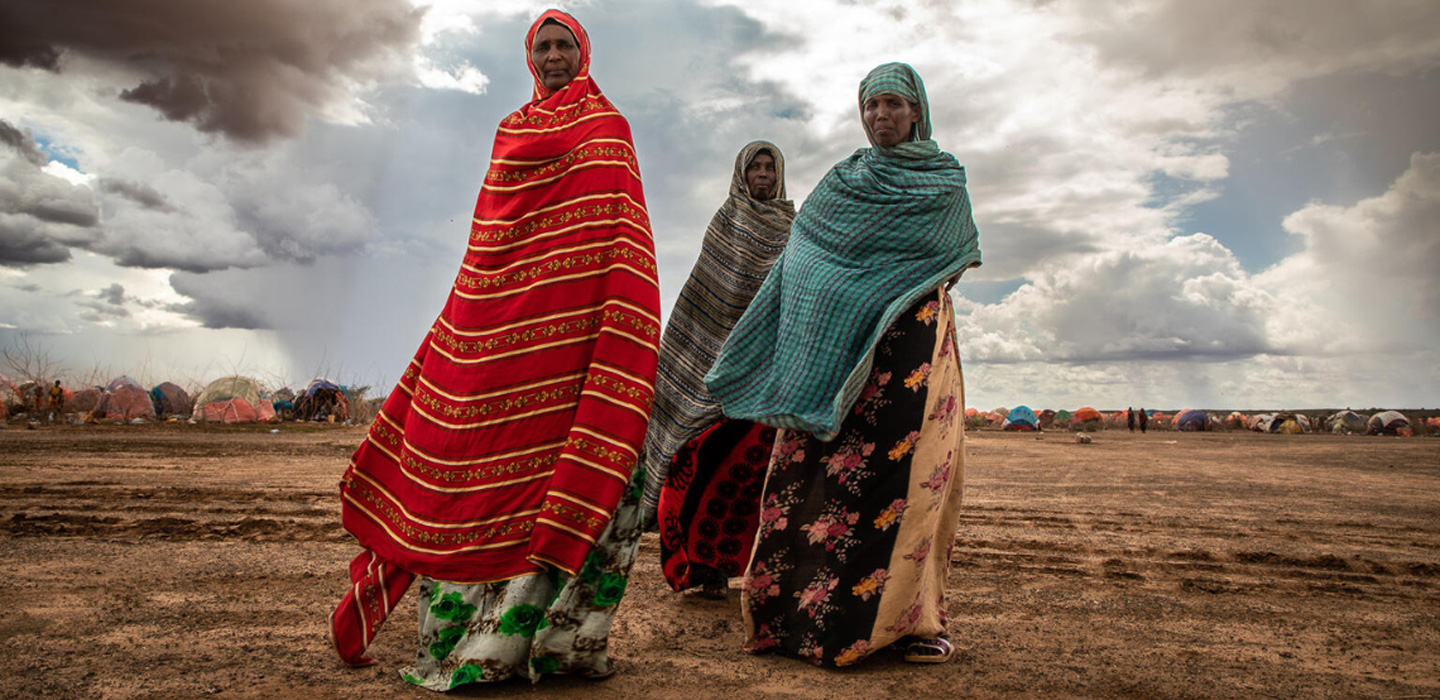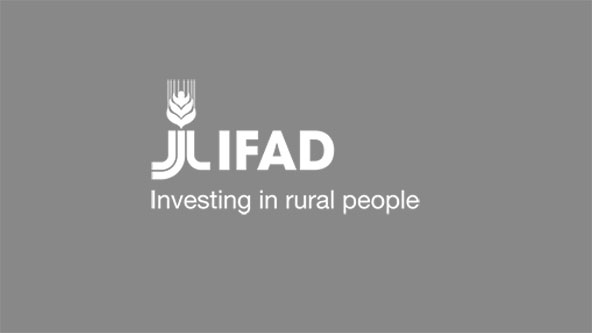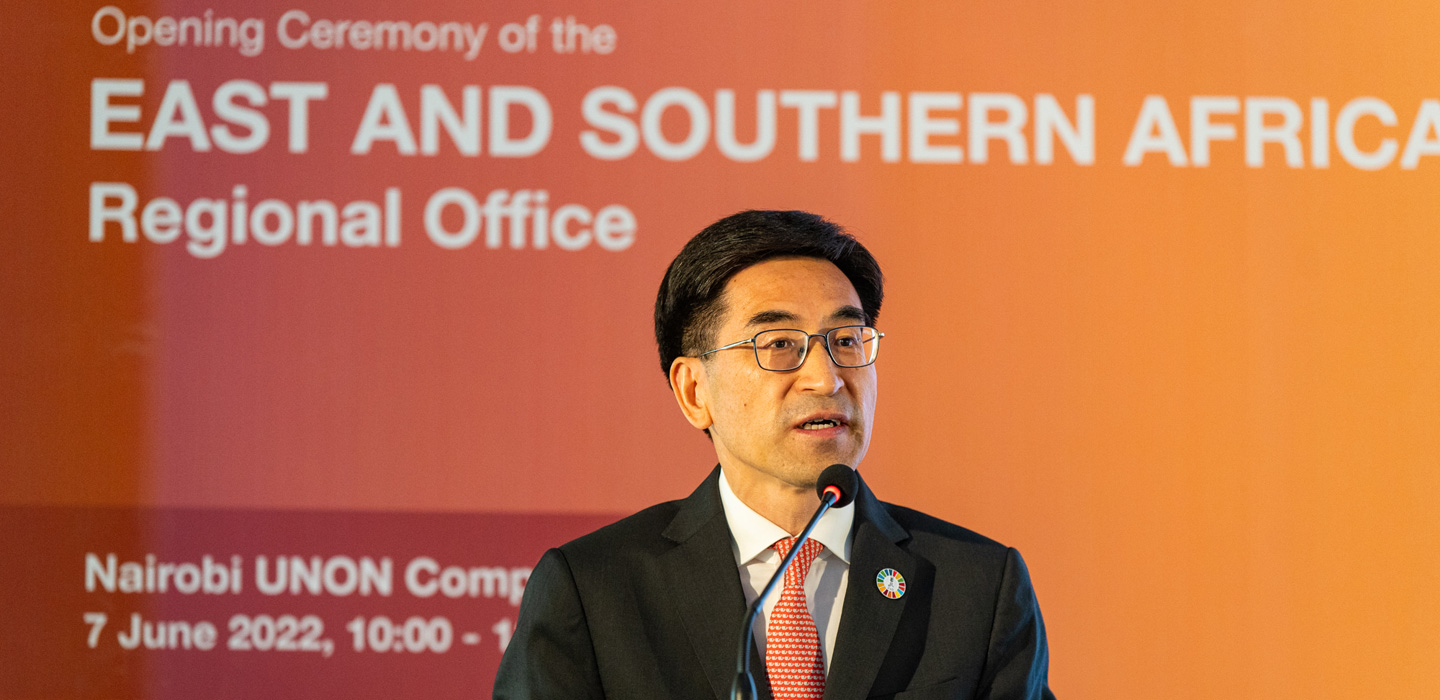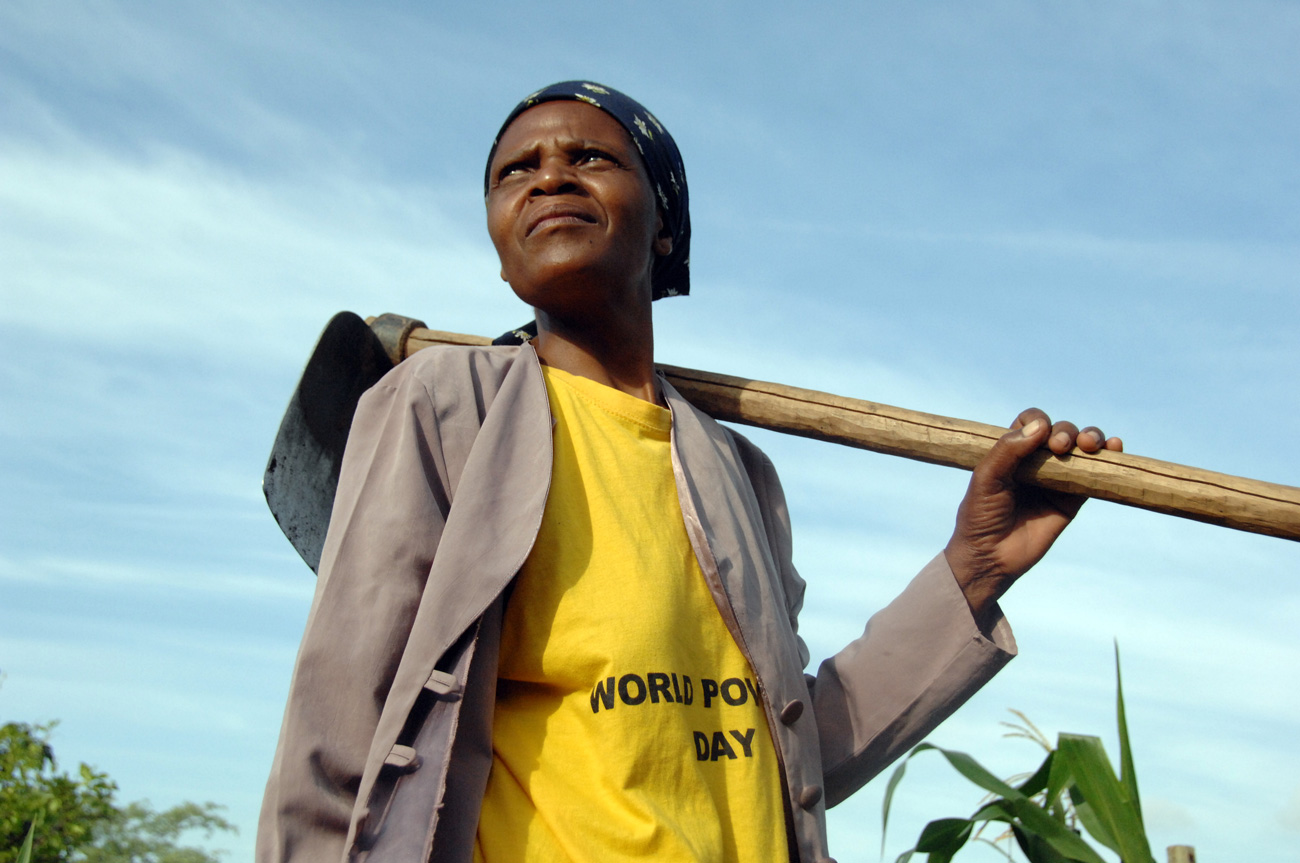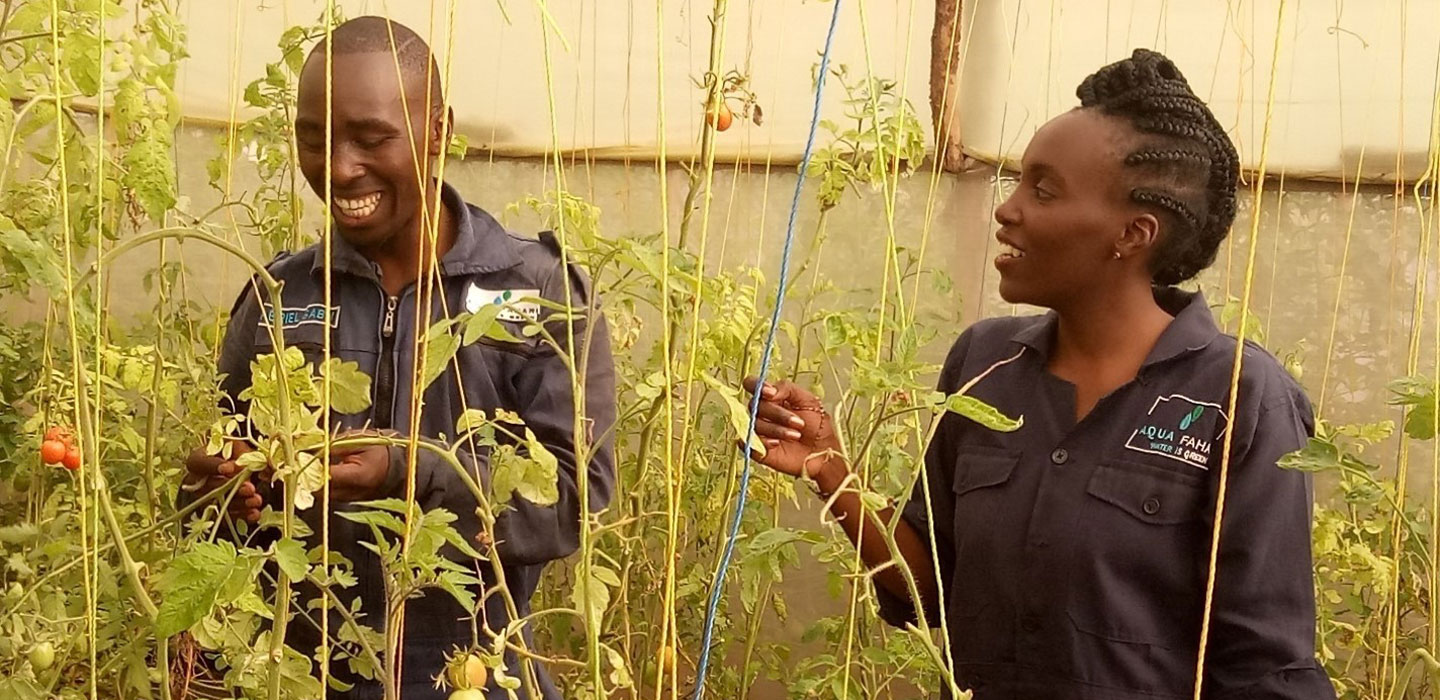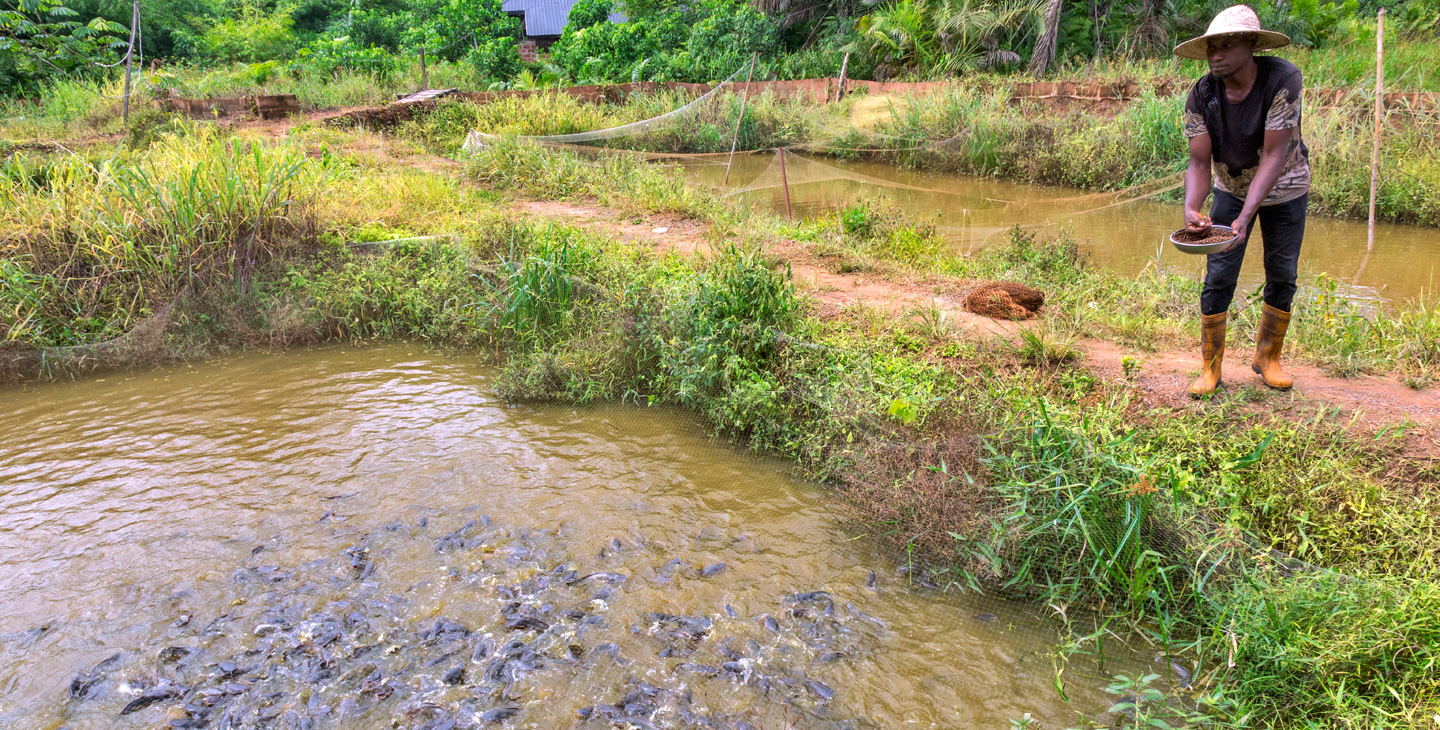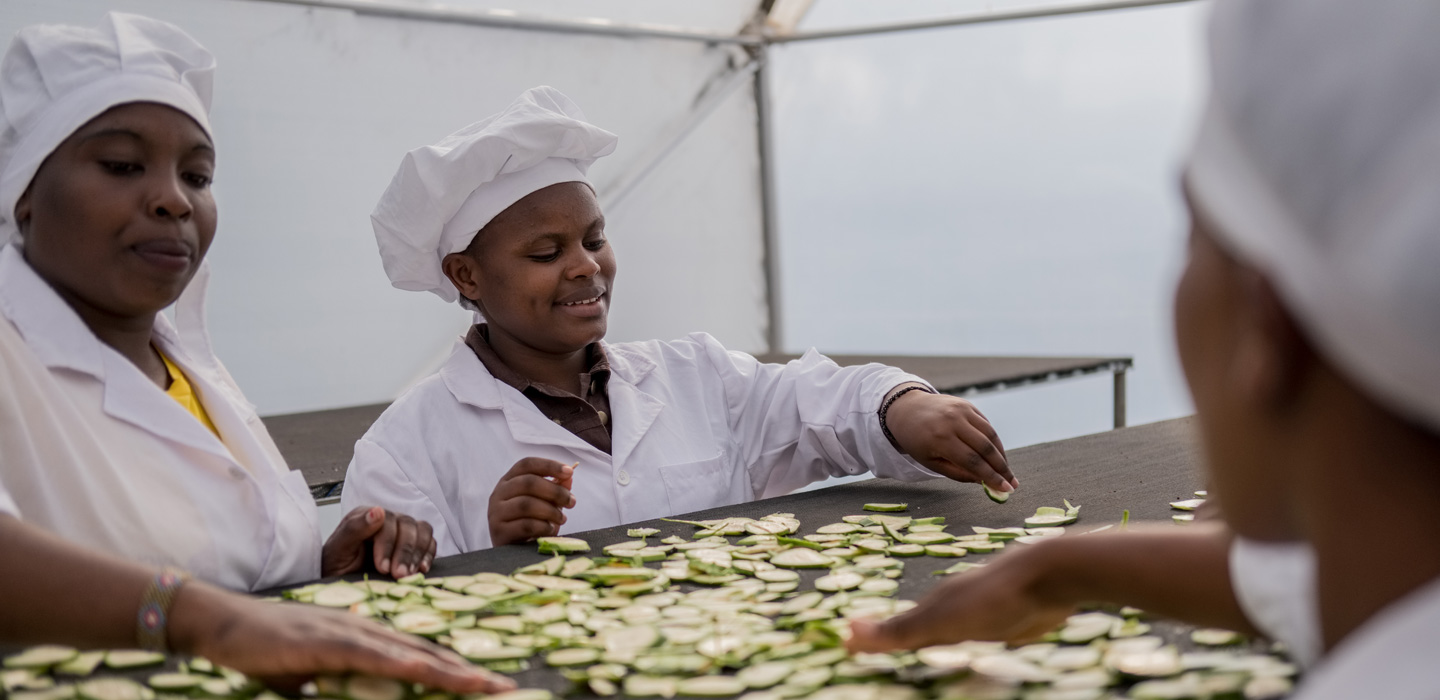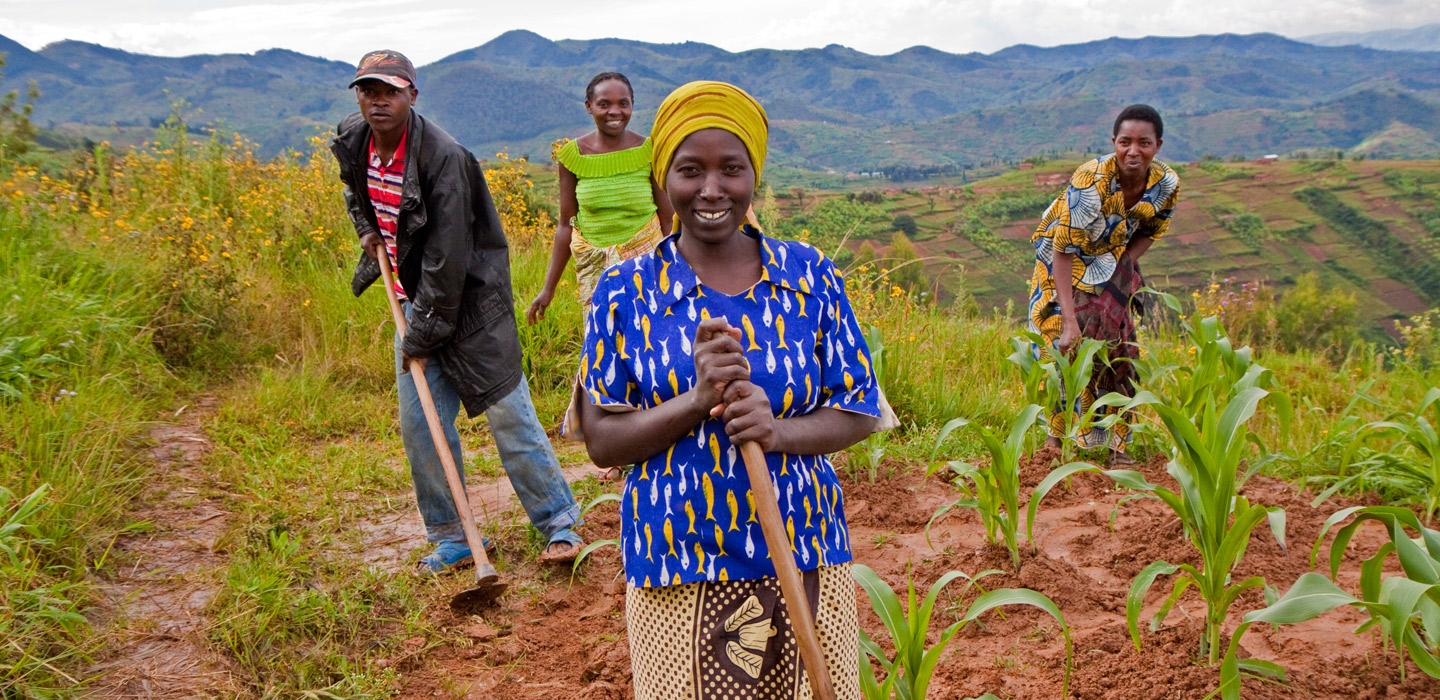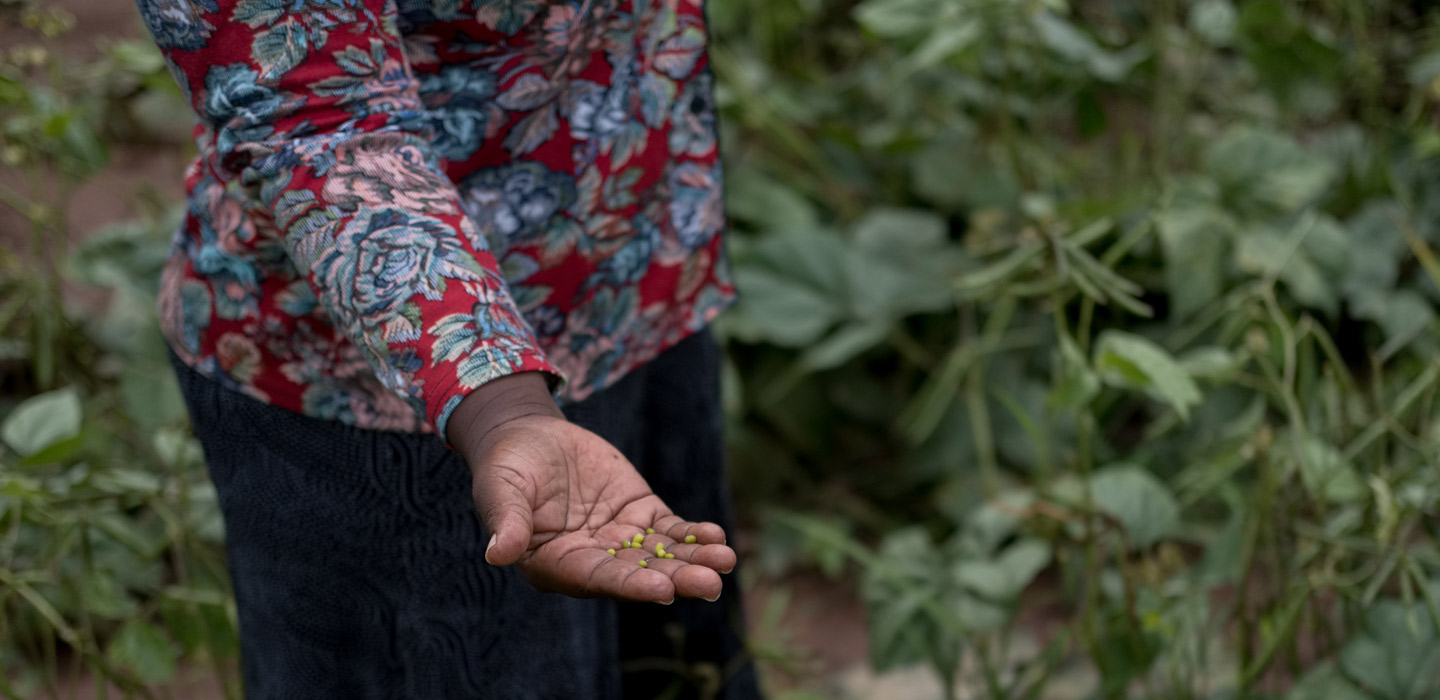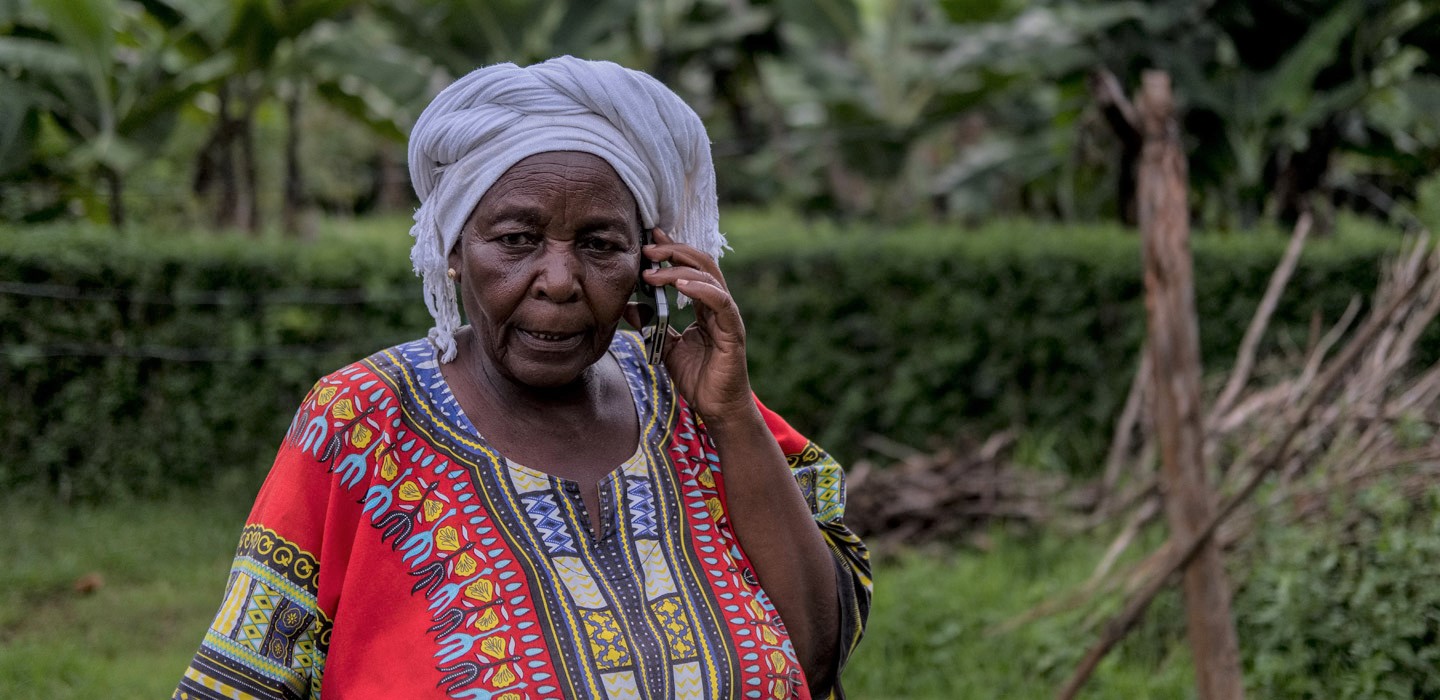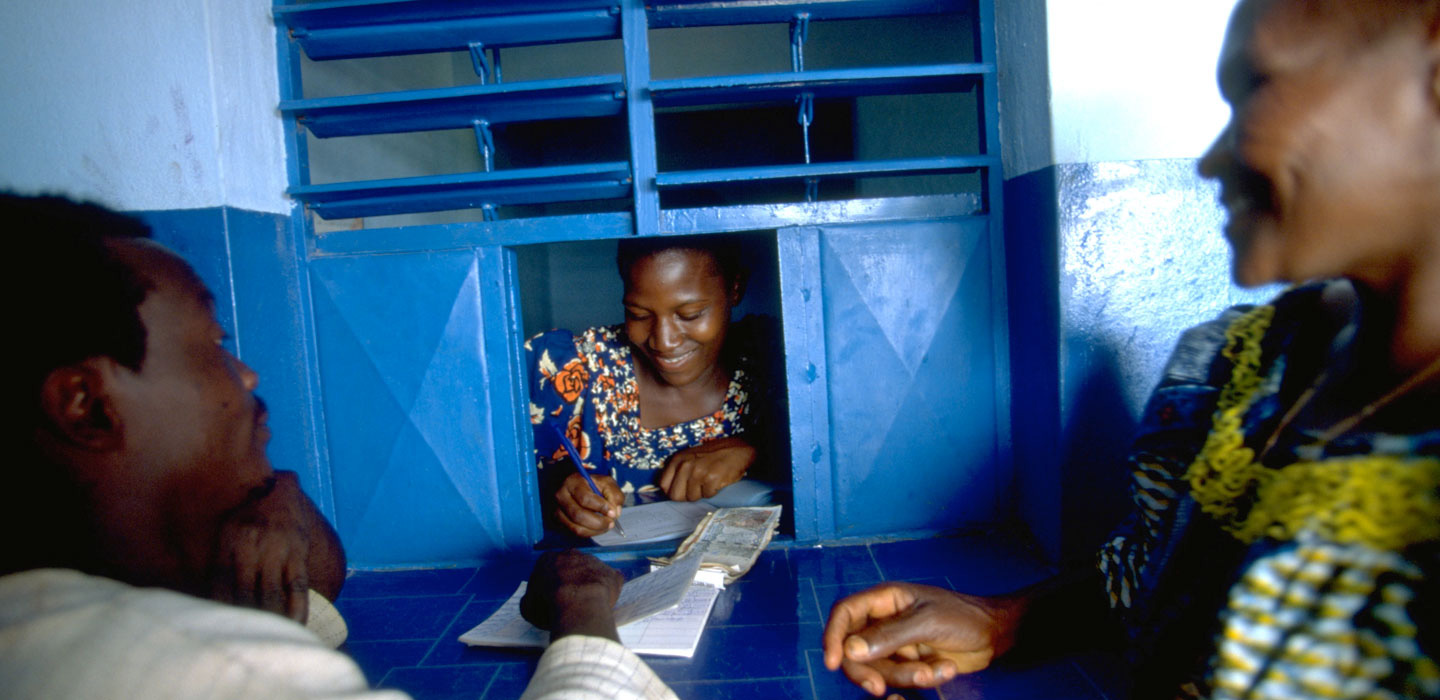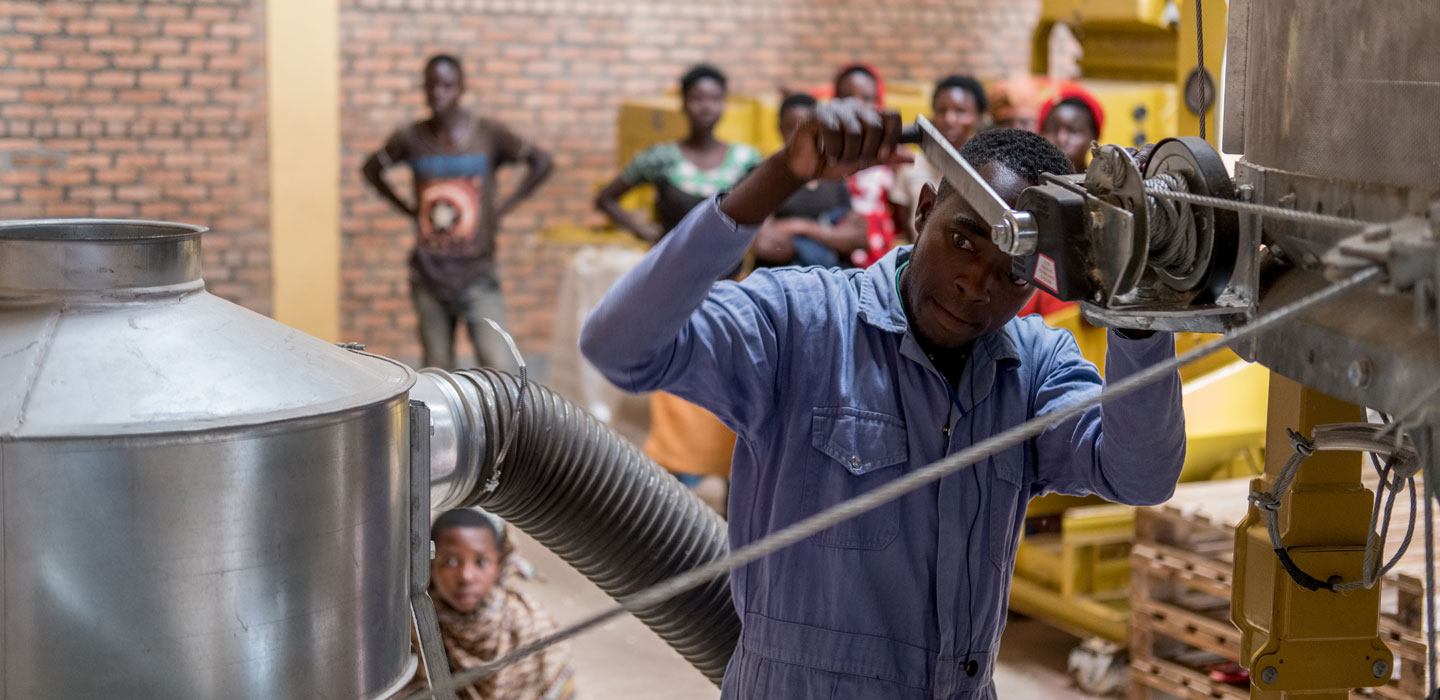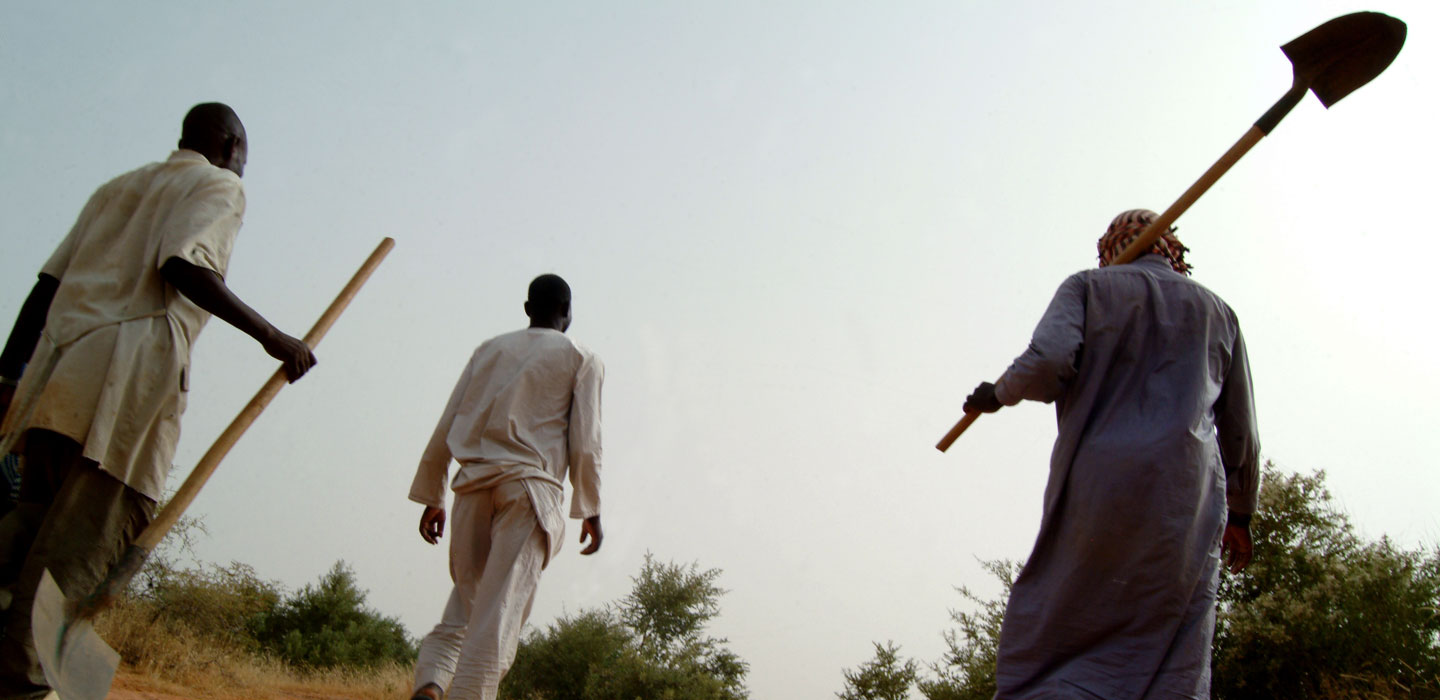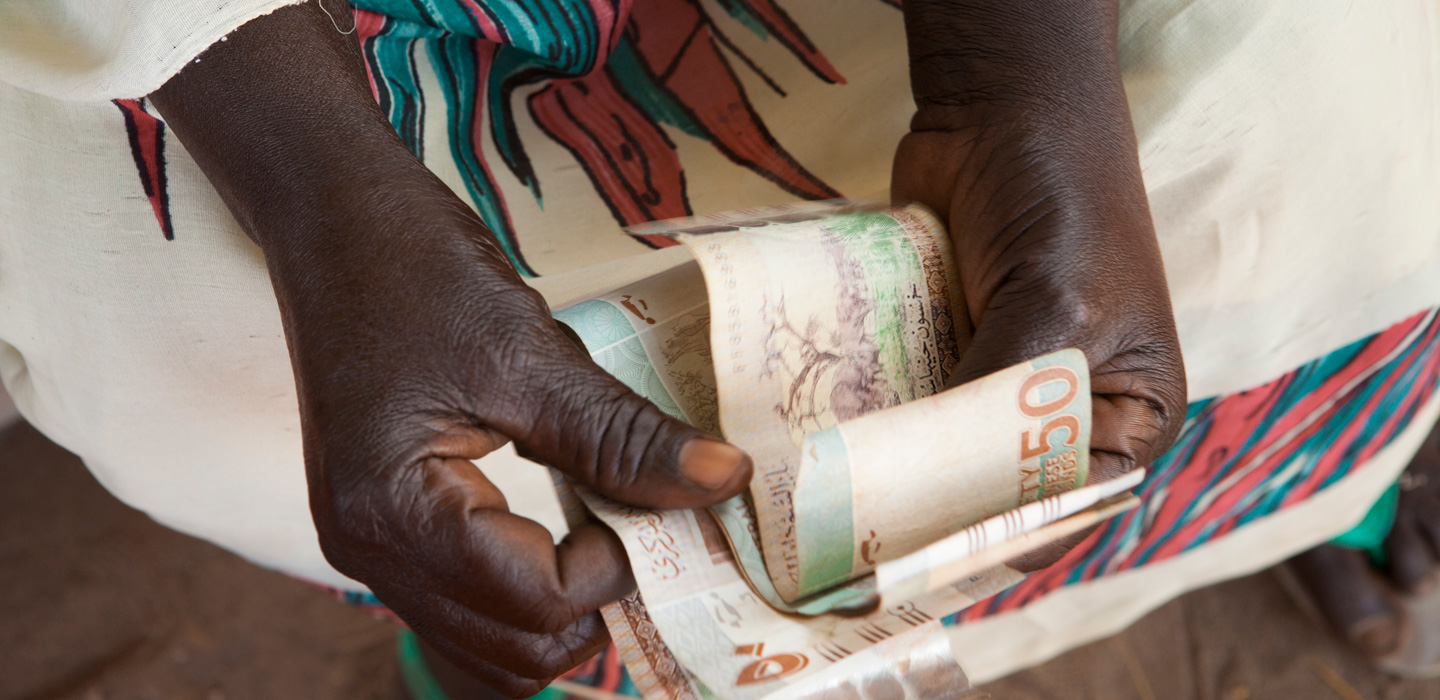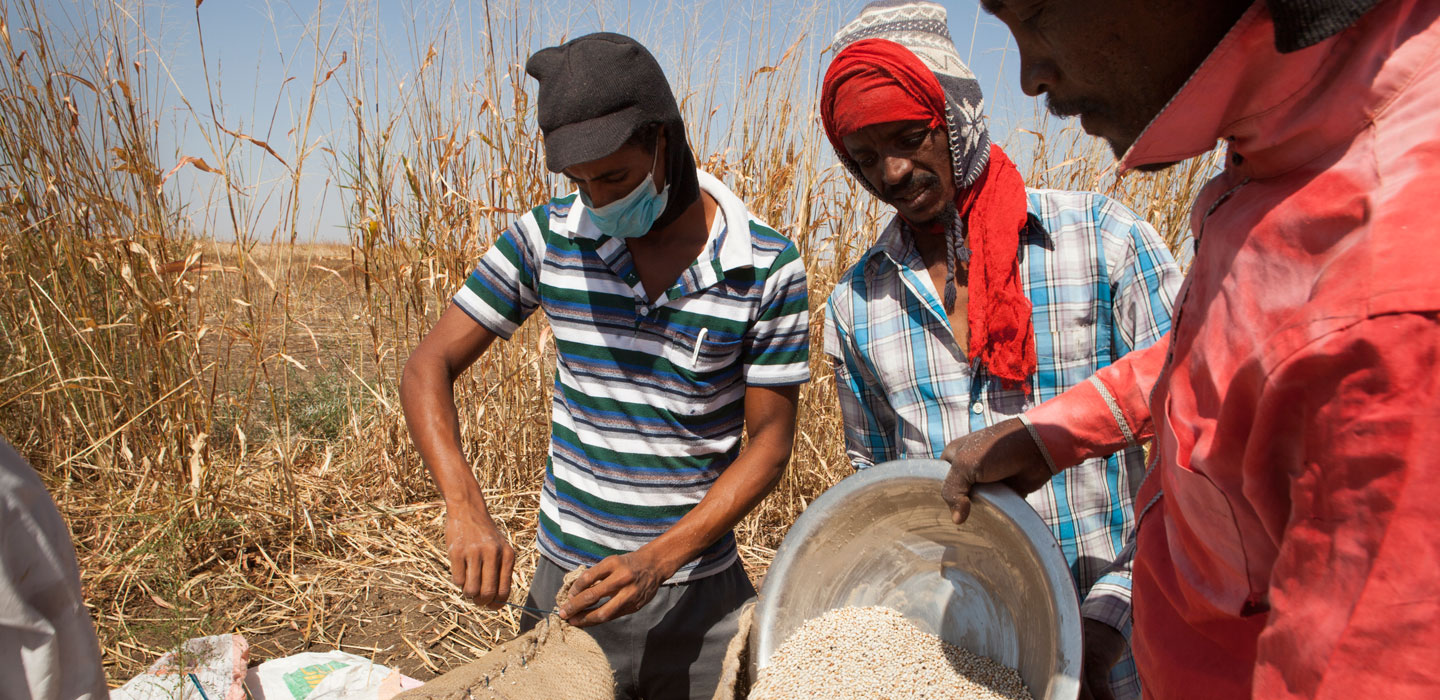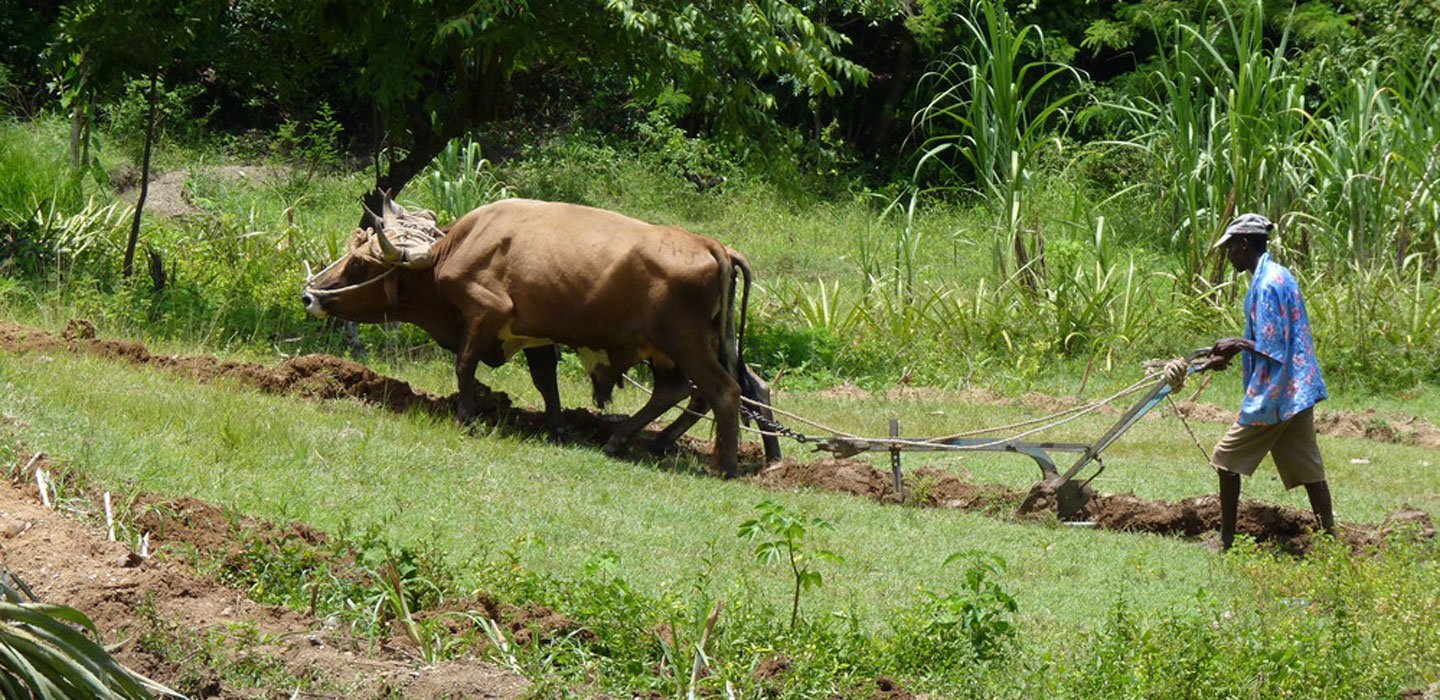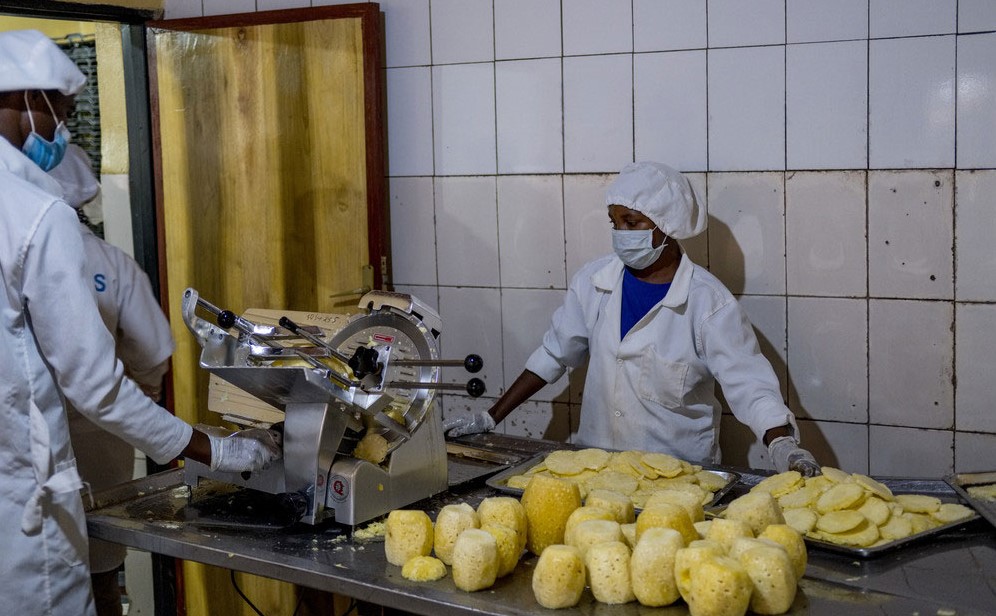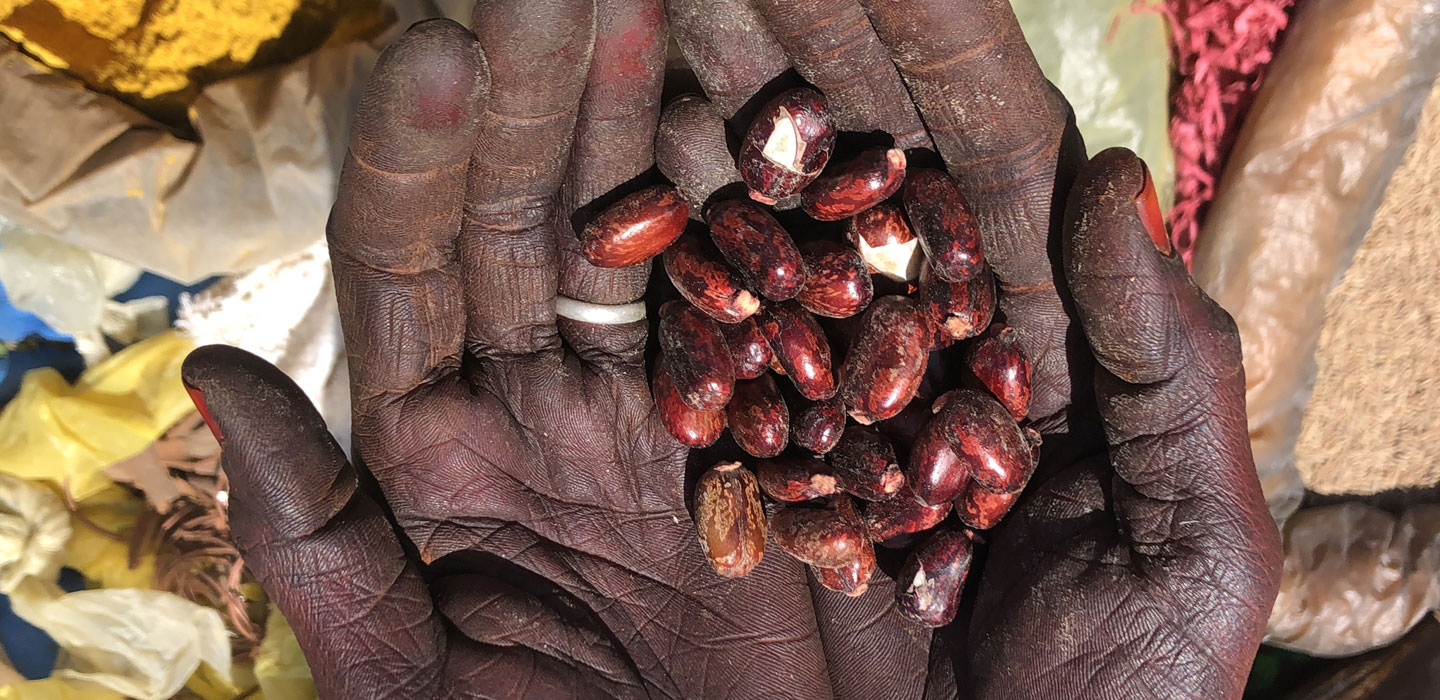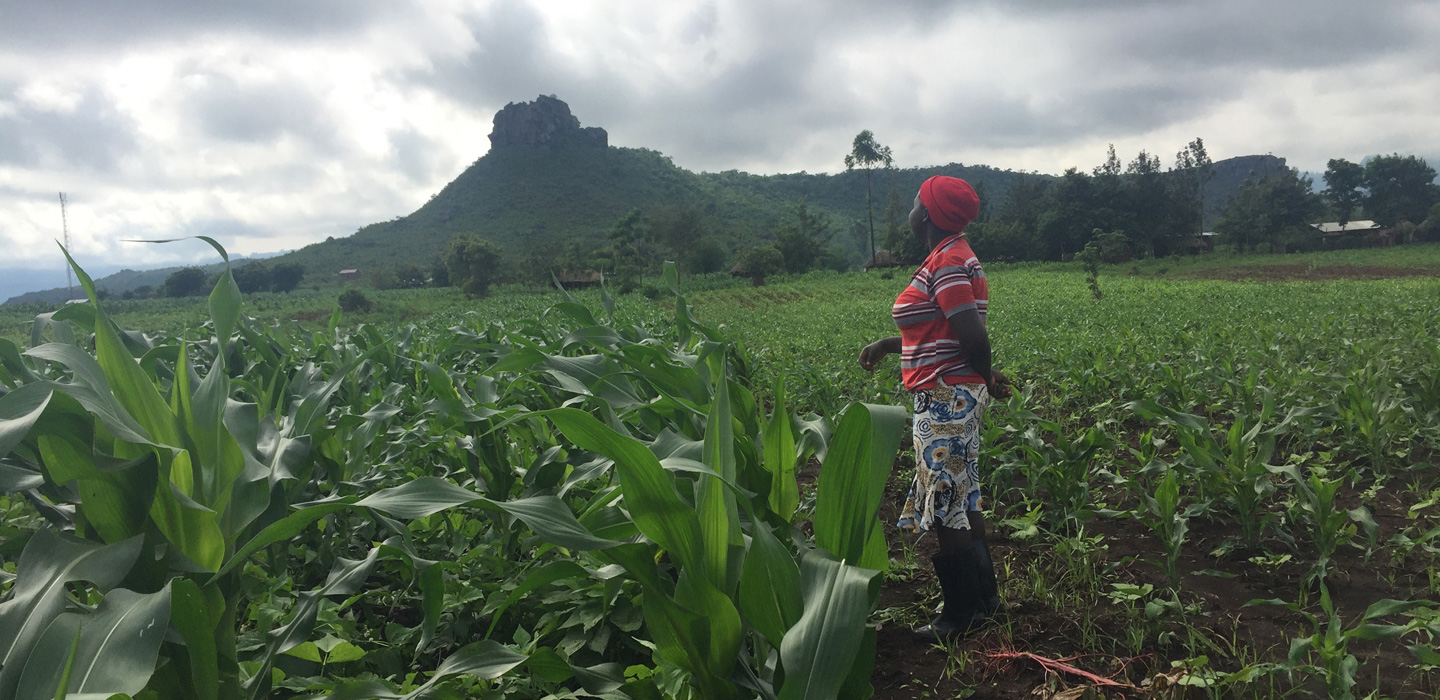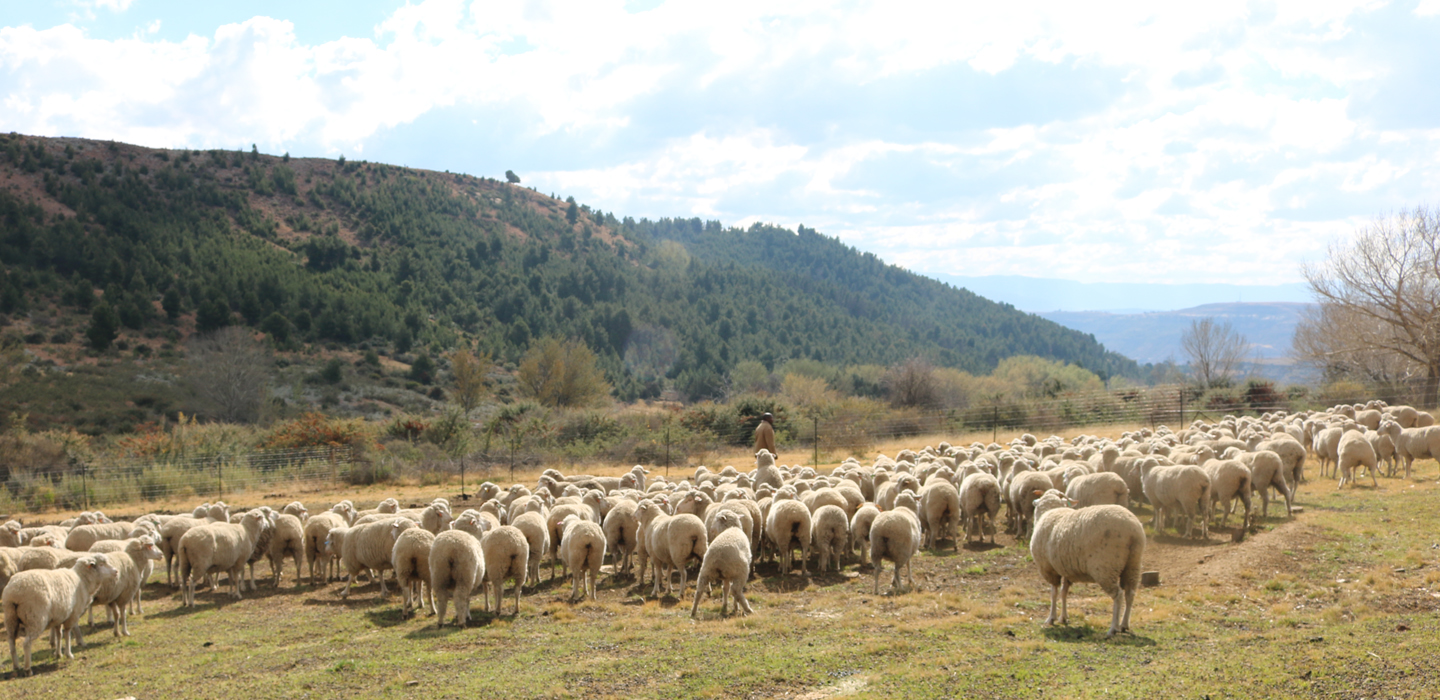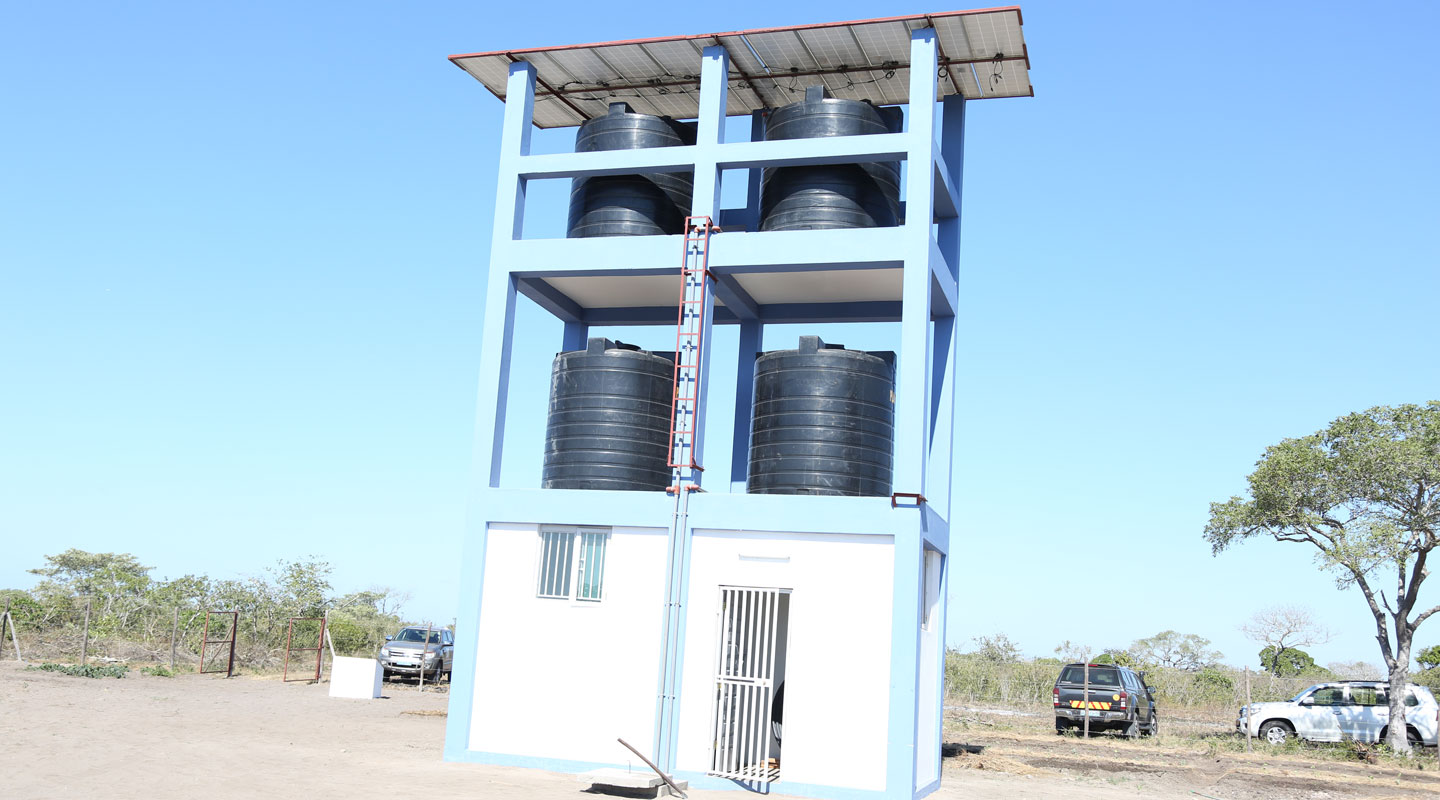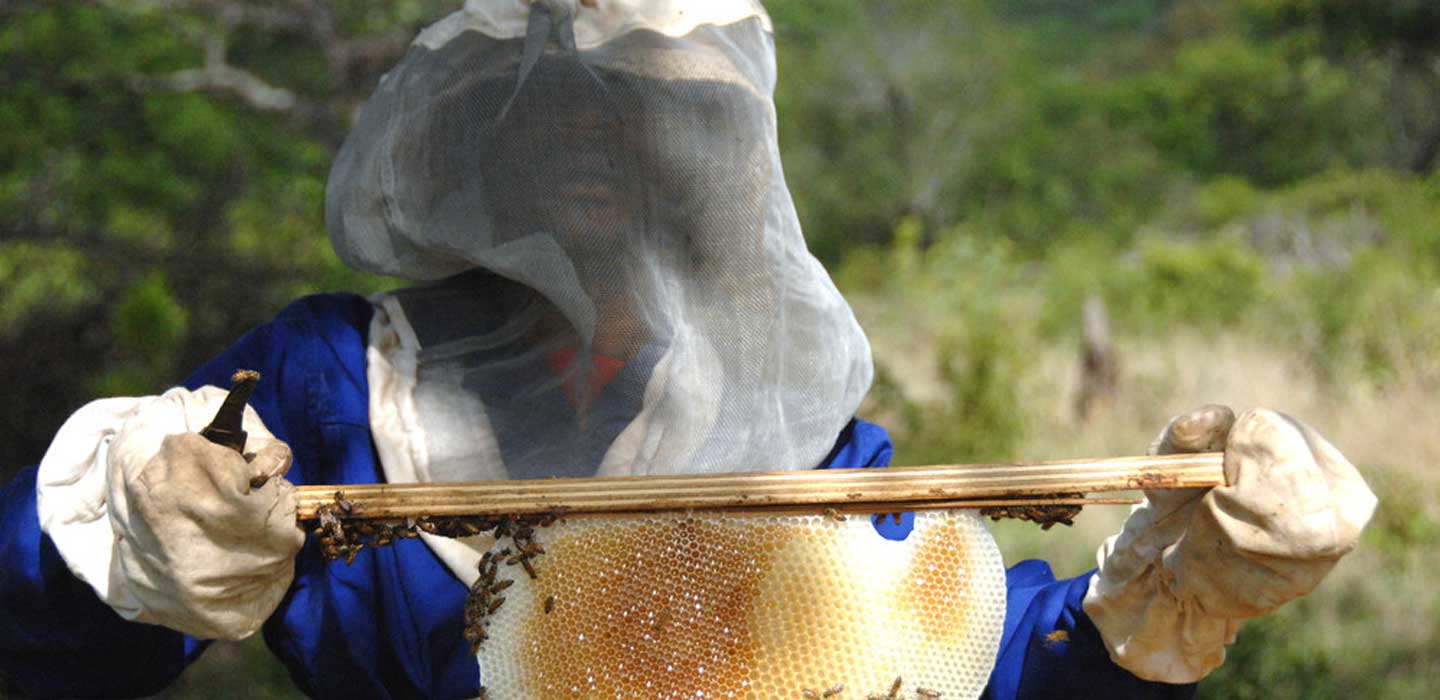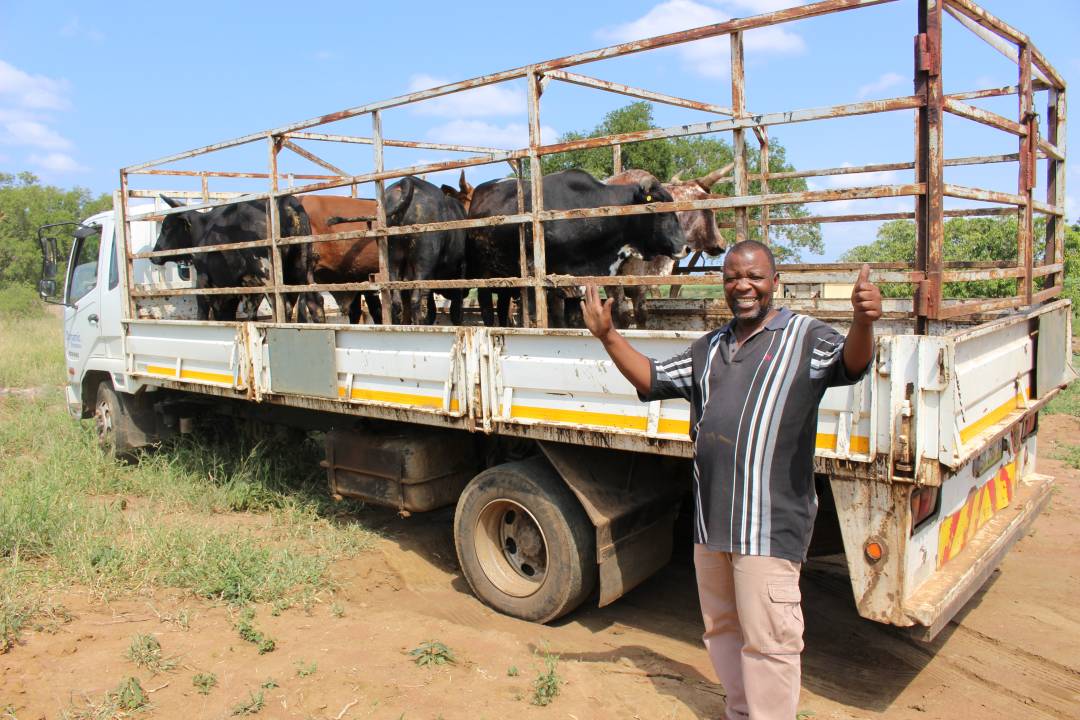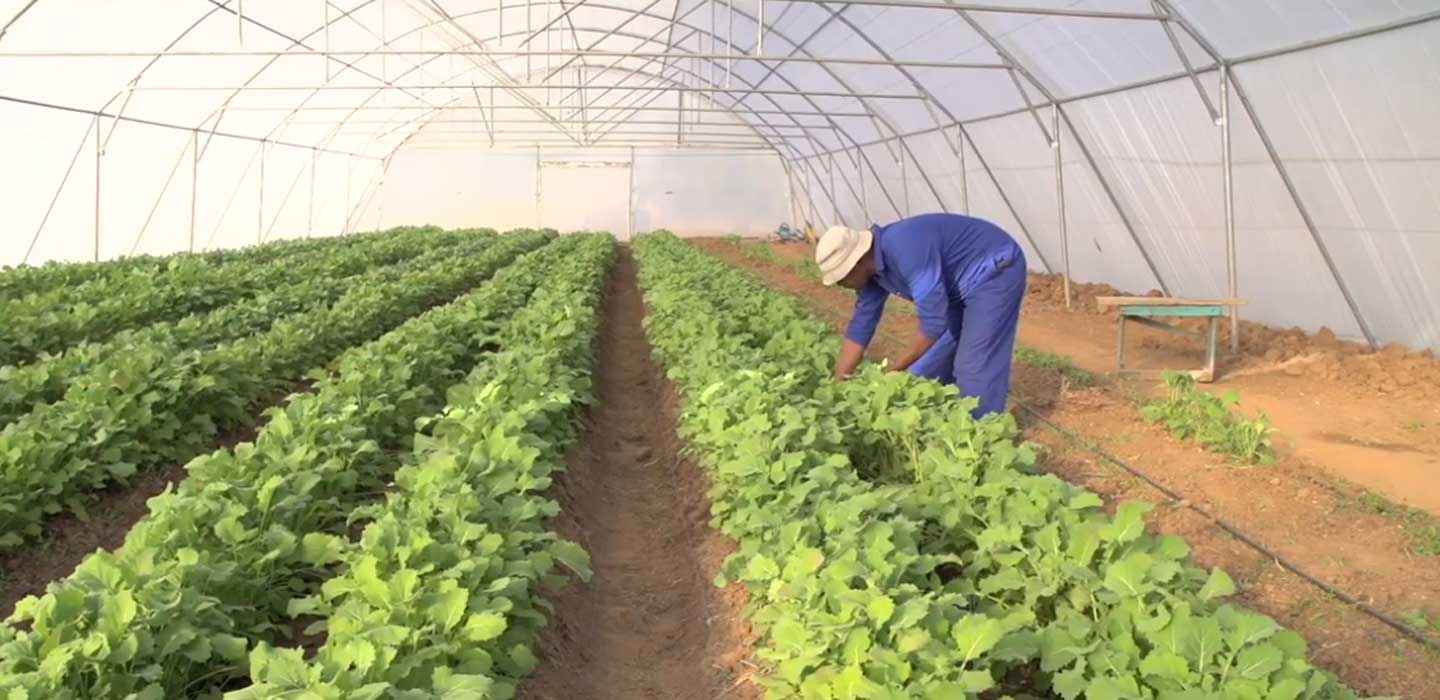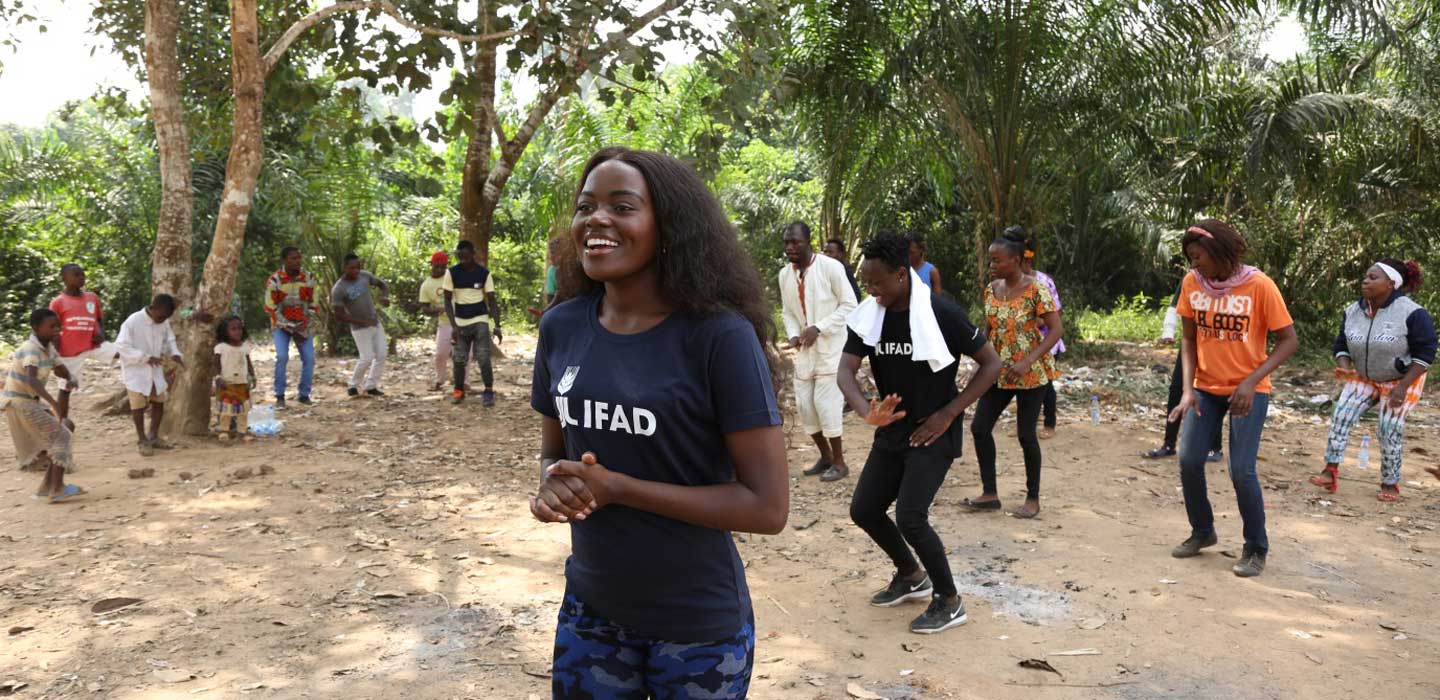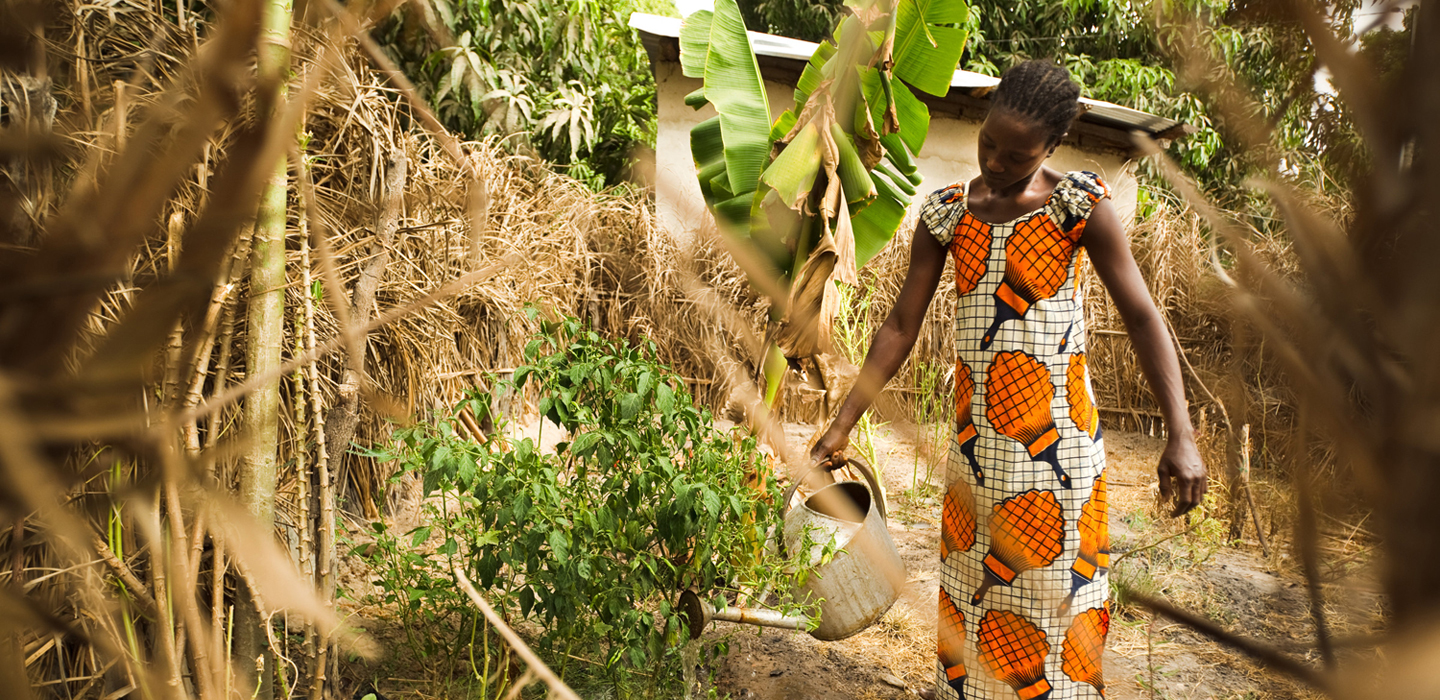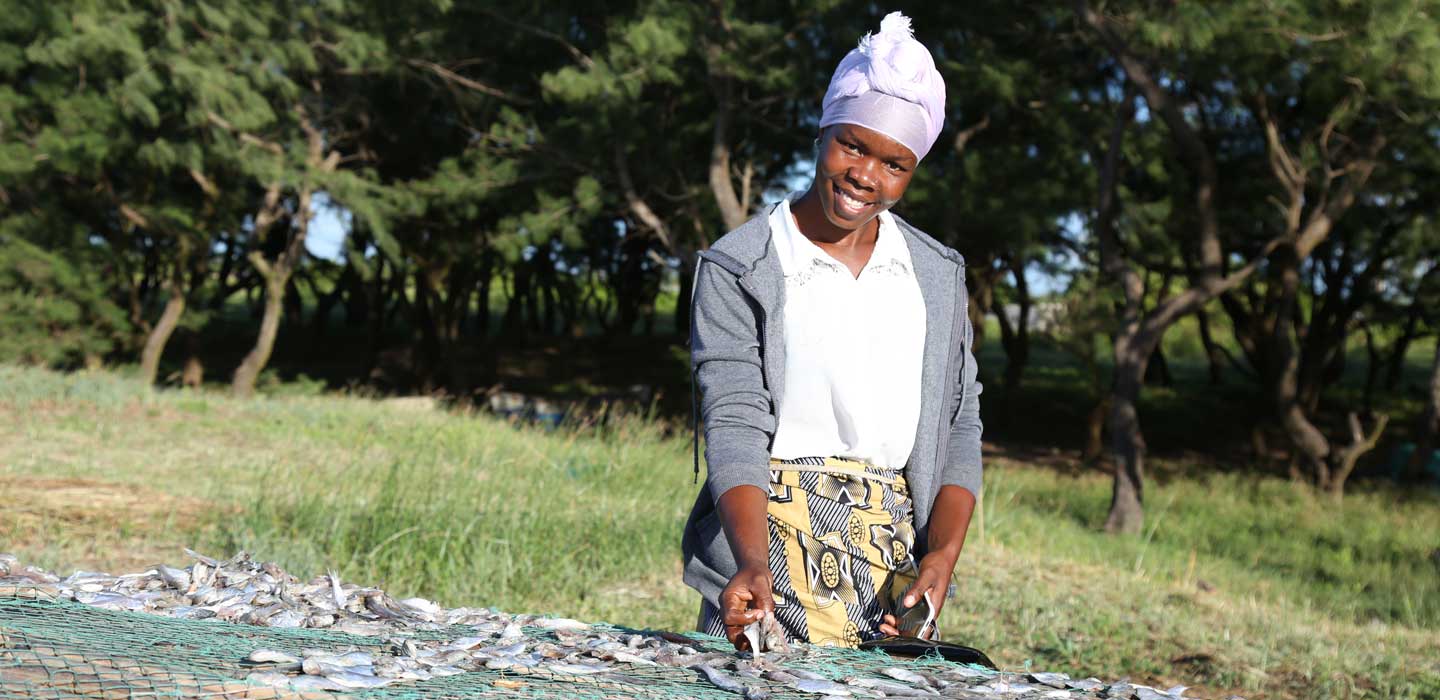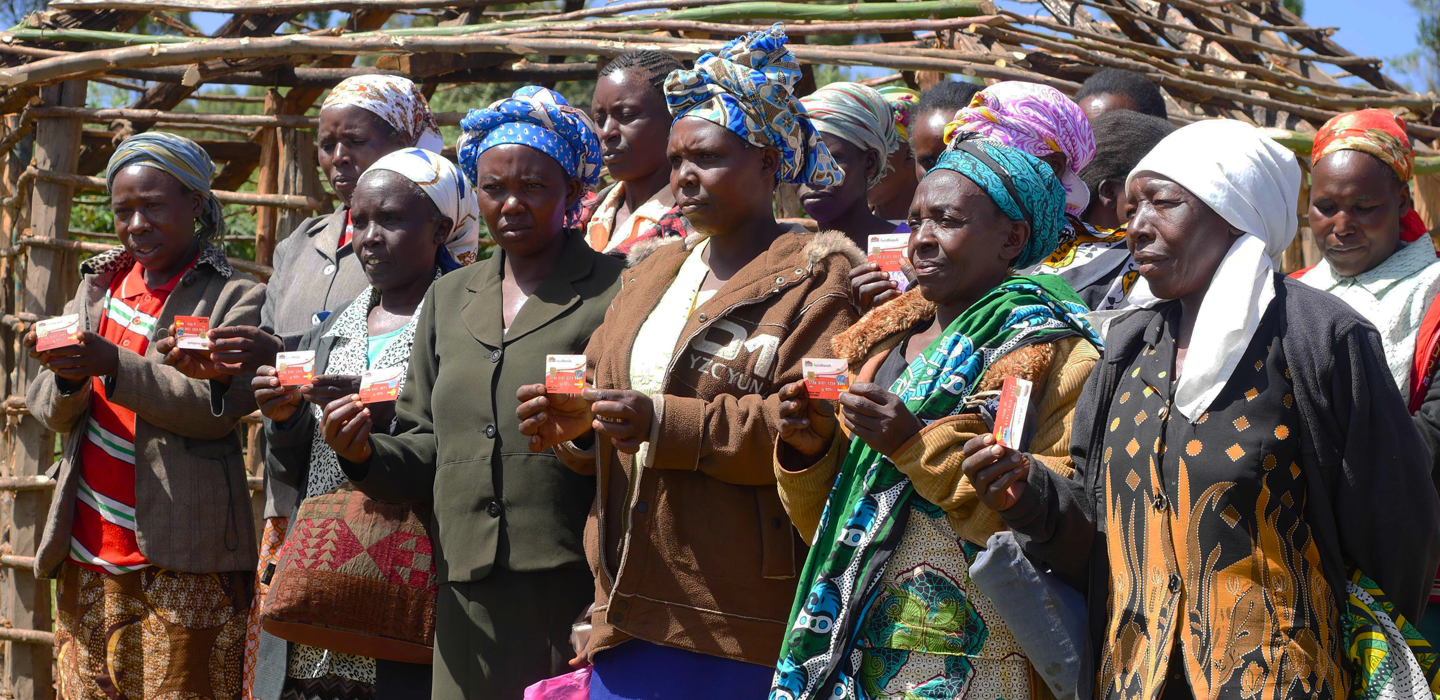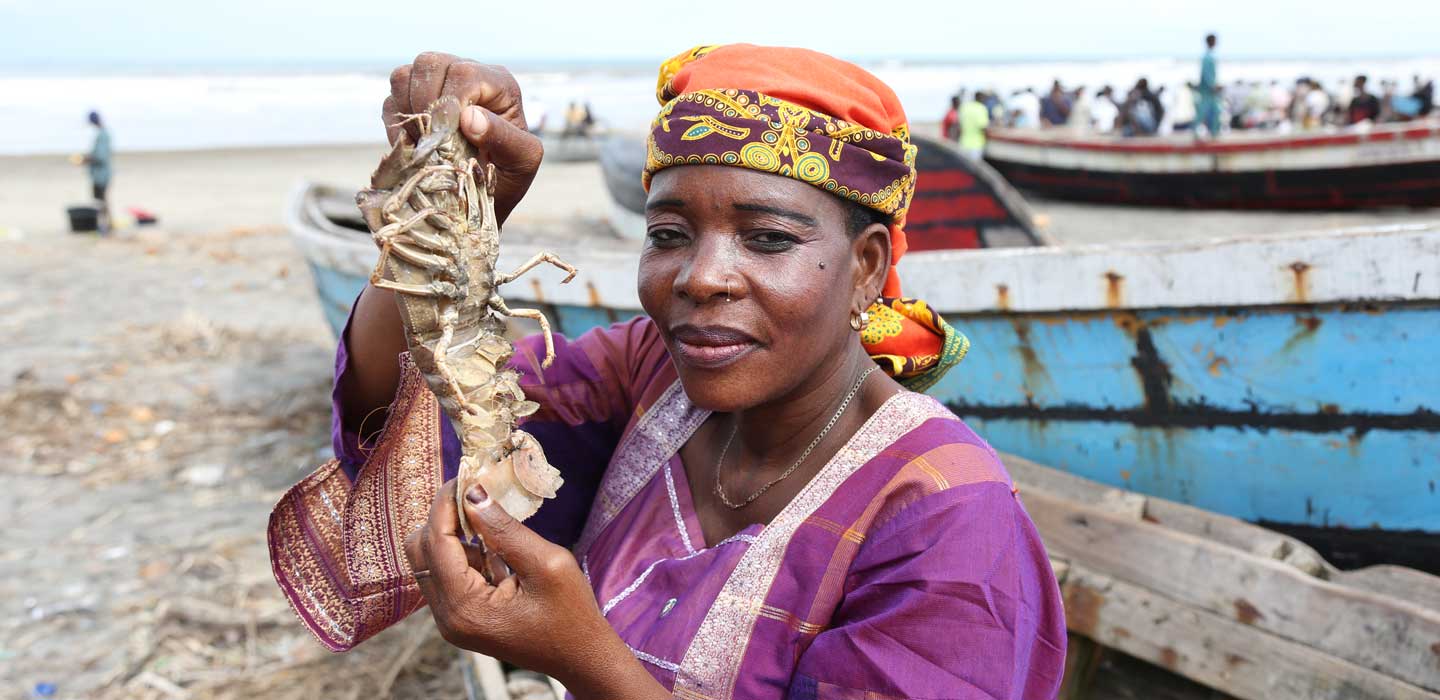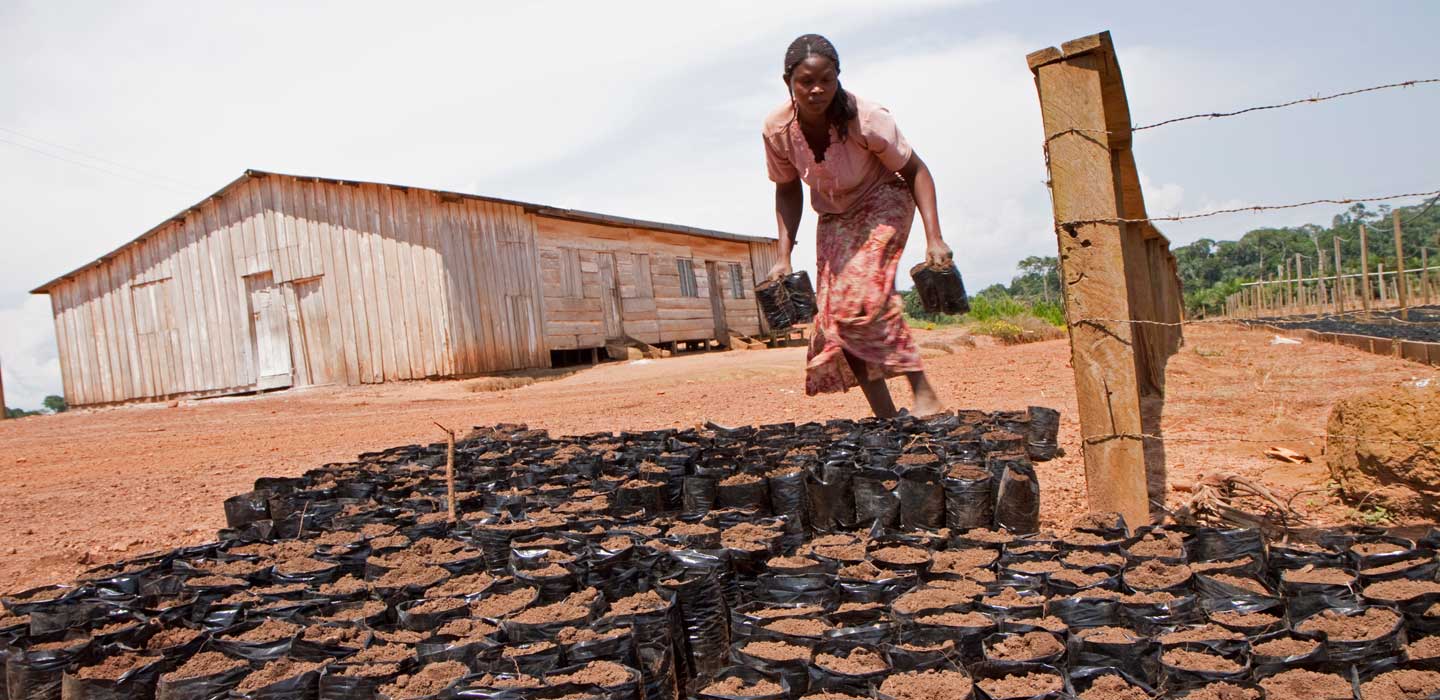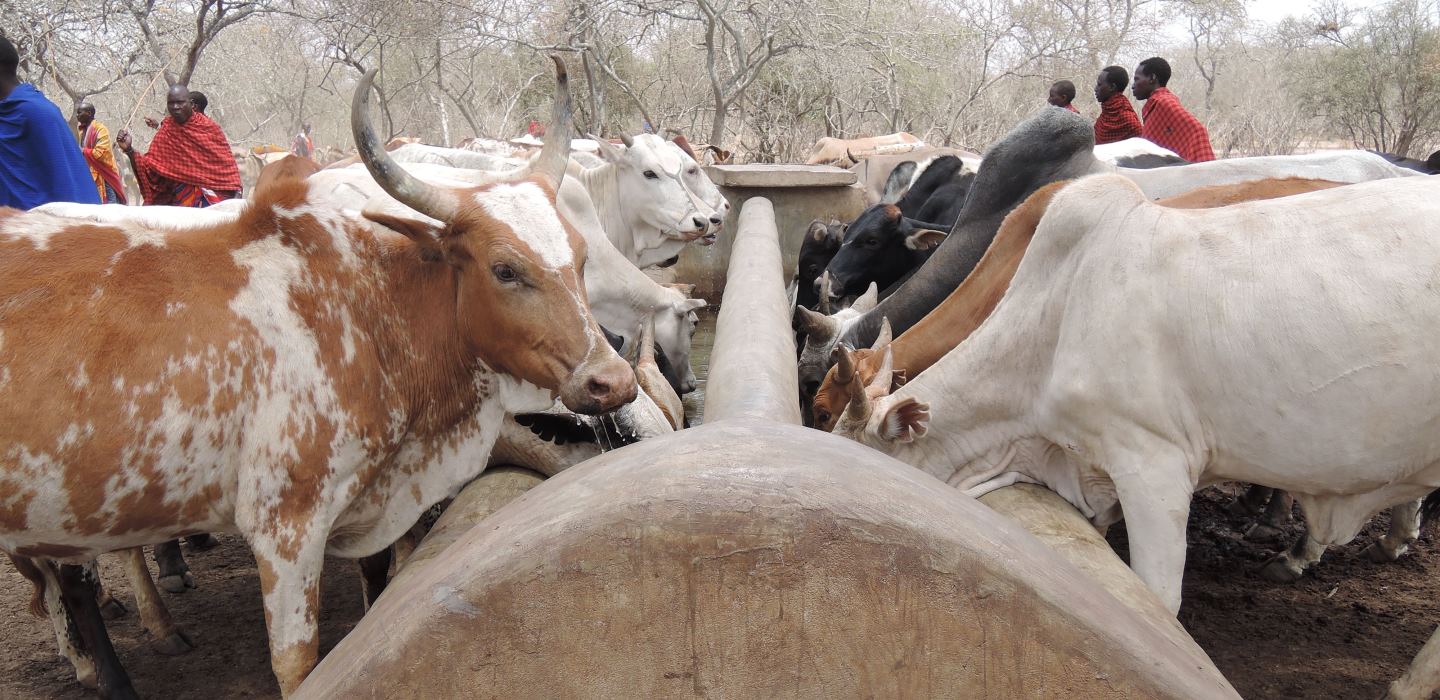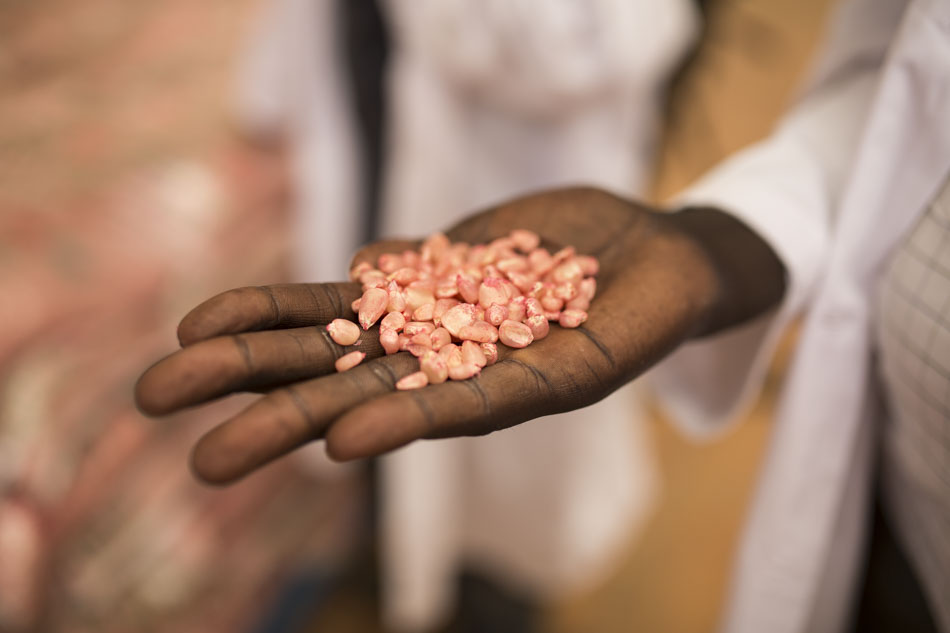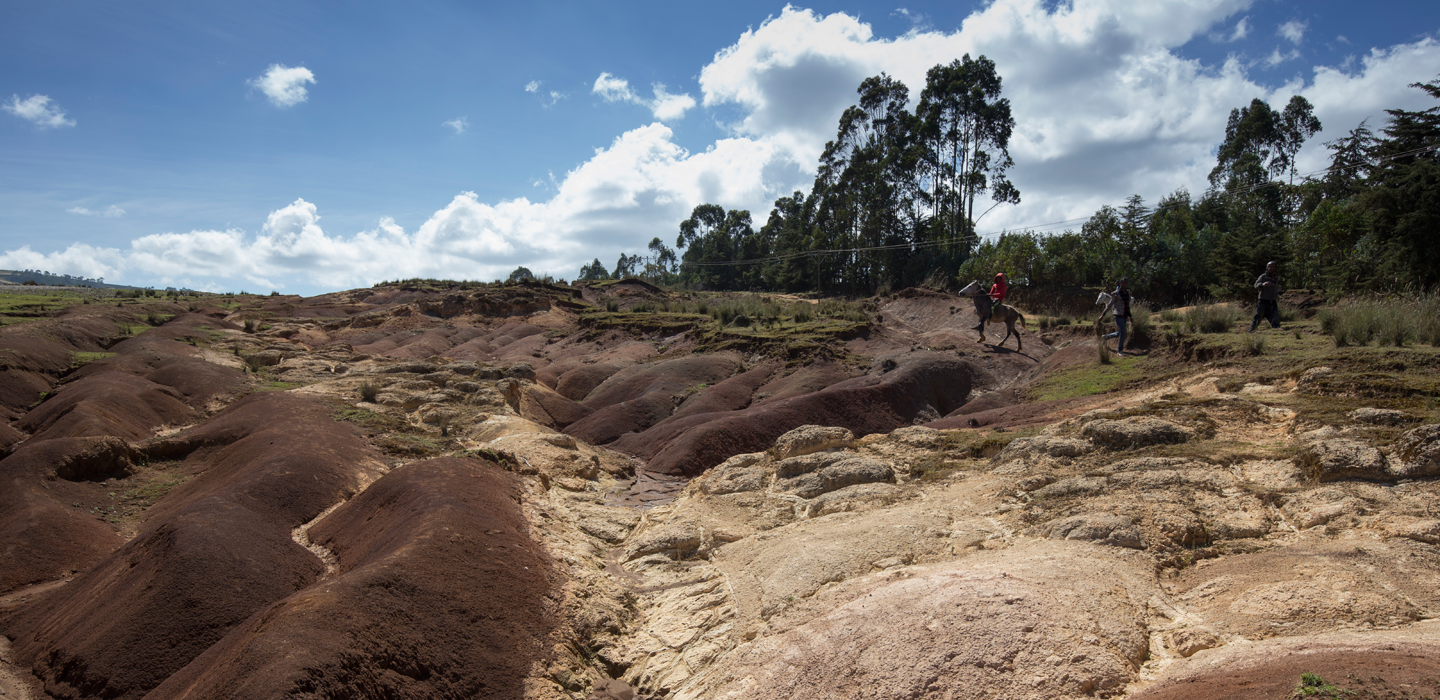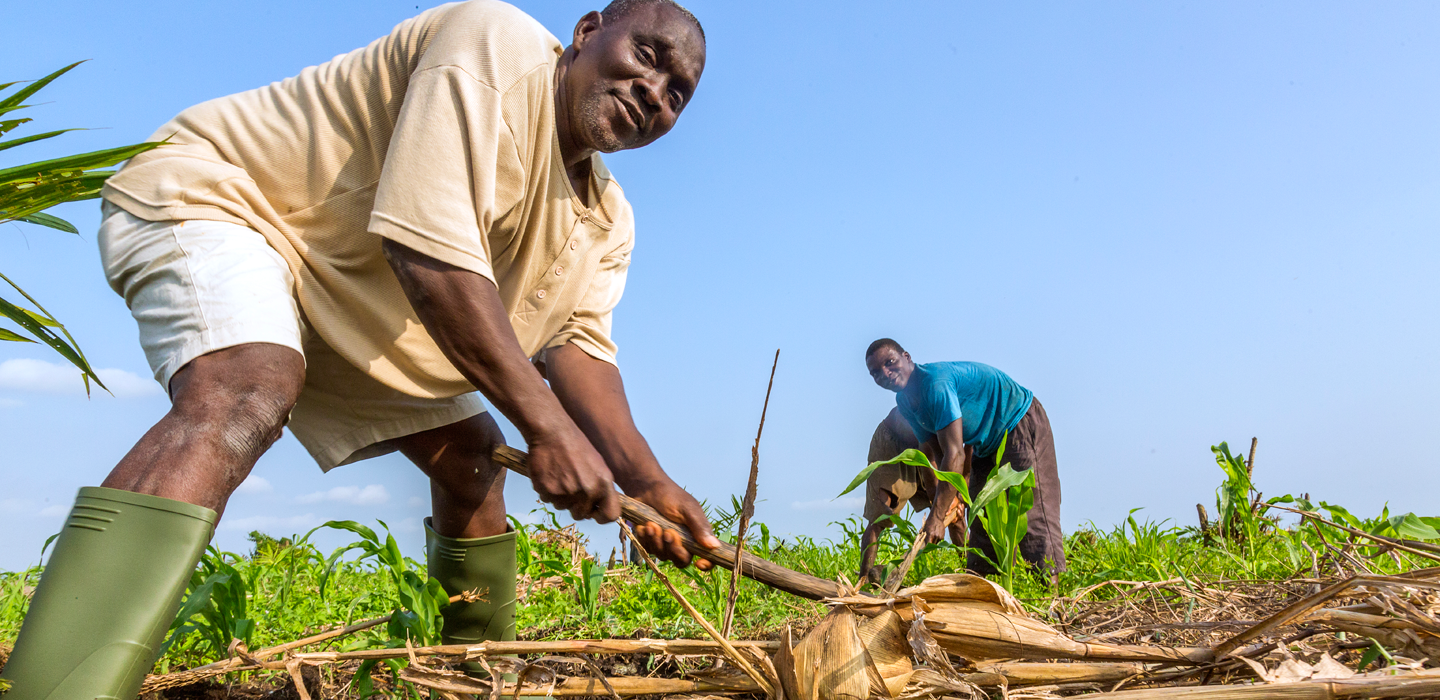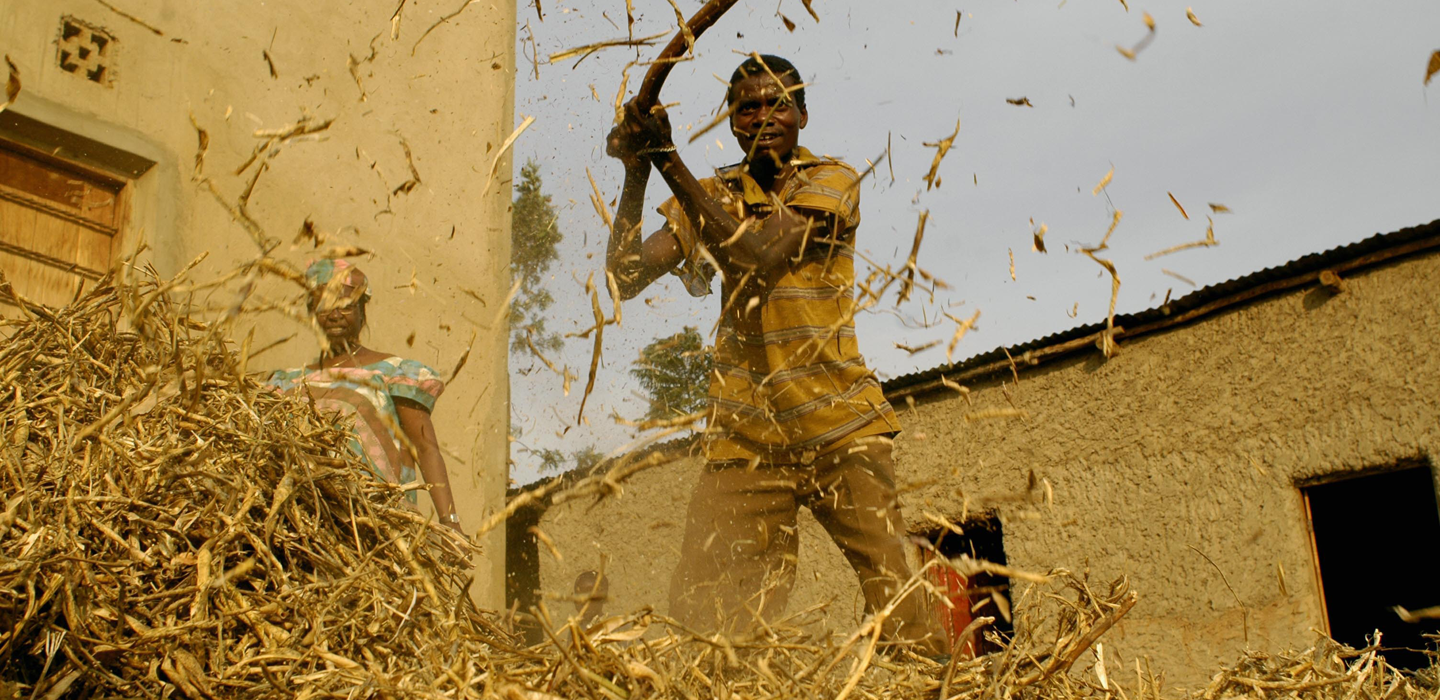Latest
Latest

Latest
Manual Submenu Topics
Search Results Filters
Search Results
IFAD launches innovative financing mechanism to support small-scale food producers to adapt to climate change in Eastern Africa
Following the recent release of data confirming a sharp global decline in climate finance dedicated to adaptation efforts, IFAD and partners have today unveiled a new financing mechanism to boost support to small-scale food producers in rural communities in Kenya, Rwanda, Tanzania and Uganda to adapt to a changing climate.
Investing in a better future: East and Southern Africa
East and Southern Africa is home to a diversity of landscapes, people and challenges. We sat down with Regional Director Sara Mbago-Bhunu to talk about rural life and the importance of investment.
As Cyclone Freddy breaks records, vulnerable rural people are in the eye of the storm
For over a month, Cyclone Freddy has been battering south-east Africa. This may be the longest-lasting tropical cyclone ever recorded—and vulnerable rural communities are in the eye of the storm. We explain what this means for IFAD’s project participants in the region.
IFAD and African Development Bank are on a mission to boost agricultural productivity in Africa
As food security for millions of Africans continues to be impacted by rising food and fuel prices further compounded by threats of a debt crisis in some countries, the African Development Bank (AfDB) and IFAD are joining forces to address the structural problems hampering agricultural productivity in Africa through a new programme aimed at feeding Africa sustainably.
How smallholder farmers in Madagascar, Burkina Faso and Eswatini endured the coronavirus pandemic
When covid-19 brought the world to a standstill, IFAD helped farmers’ organizations adopt new ways of operating amid a global pandemic.
Farmer organizations convene amid crisis to discuss support for small-scale farmers in East and Southern Africa
As crippling spikes in food and energy prices continue to hit East and Southern Africa, the devastating impact of climate change on the productive capacity of small-scale farmers has become an urgent issue. Therefore, IFAD and farmer organizations from the region are jointly convening the Regional Farmers’ Forum, in Dar es Salaam, Tanzania on 24 – 25 November, to galvanize greater efforts to build farmers’ resilience through partnership.
Climate Change in Africa, what’s really happening? – Episode 37
COP27 is upon us – join us for an African perspective on what to expect from this year’s UN climate change conference in Egypt.
Hungry caterpillars threaten Kenya's crops. Can plants provide a natural pest control solution?
Kenyan farmers and their crops face a tiny but destructive threat: the fall armyworm. With climate change causing more infestations, push-pull technologies are a sustainable and affordable way of naturally controlling pest numbers. Find out how this simple but effective technology works.
It’s time to transform African agriculture. These numbers show why
African agriculture is at a crucial juncture. It has enormous potential to not only feed Africa, but also the world. Yet, global conditions are holding small-scale African farmers back. Five numbers show how transforming African agriculture can make a big difference.
East Africa is experiencing its worst drought in decades. It’s time to invest in climate adaptation
East Africa is experiencing one of the worst droughts in decades, with millions facing food insecurity as crops fail, livestock die and water sources dry up. Read how IFAD is building resilience to climate change and what else needs to be done.
Designing projects from the ground up: Insights and lessons from Ethiopia
At IFAD, we take a community-driven, bottom-up approach to project design. This creates a sense of ownership for rural communities and governments alike. A recent example from Ethiopia shows how government and communities came together to design investments in building resilience.
Launch of the first Mobileremit Africa Report for financial and digital inclusion
The MobileRemit Africa Report provides a framework to help countries identify data gaps, measure how enabling their policies are and the operating market environment for mobile-enabled remittances.
IFAD opens regional office to better serve the small-scale farmers in East and Southern Africa
IFAD today officially opened its East and Southern Africa regional office to help the institution meet its goal of reducing hunger and poverty.
As COP15 tackles desertification, here are three ways IFAD is helping farmers in sub-Saharan Africa build their resilience to climate change
Sub-Saharan Africa’s drylands – that is, the areas where more water is lost through evaporation than gained through rainfall – are facing widespread degradation. There are many factors causing this, but one of the most prominent is the use of agricultural practices that aren’t adapted to the land, such as overgrazing and intensive agriculture.
Lending a hand – and finance – to young agricultural entrepreneurs in East Africa
We know a thing or two about connecting youth with the financial services they need to start a business – but there’s always more to learn. Here, we reflect on some of our “lessons learned” as part of a recent grant programme in East Africa.
Norway commits funds to IFAD to lift aquaculture communities out of poverty and lower malnutrition in Kenya, Mozambique and Tanzania
As more people spiral into hunger and poverty due to pandemic restrictions, climate change and conflicts, the Norwegian Agency of Development Cooperation (NORAD) has committed NOK 45 million (US$5 million) to increase the incomes and build the resilience of small aquaculture farmers in Kenya, Mozambique and Tanzania, IFAD announced today.
IFAD to increase investment and presence in transforming food systems in East and Southern Africa
The IFAD regional team held its annual East and Southern Africa Business Planning meeting to outline a vision for the next three years, under the IFAD 12 replenishment cycle. With less than 10 years to achieve the Sustainable Development Goals (SDGs), and the region’s small-scale farmers and rural people suffering the effects of the pandemic, climate change impacts, locust infestation and other crises, it is essential to plan bold actions to preserve and advance development gains.
IFAD report predicts steep drop in African staple crops by 2050, prompting urgent call for adaptation funding at COP26
Staple crops in eight African countries could decrease by as much as 80 percent by 2050 in some areas if temperatures continue to rise due to climate change, according to a report released today by IFAD.
The Gilani Umoja Youth Group reaps their rewards
The Gilani Umoja Youth Group was founded in 2017 as a way to create jobs for local youth and ensure a steady supply of cereals and other staple crops. Despite some struggles at first, their business is now a source of livelihoods for themselves and others in their community.
African small-scale farmers use radio and mobile phones to send a message of optimism and caution to world leaders attending Food Systems Summit
Small-scale farmers in sub-Saharan Africa are impacted disproportionately by climate change, poverty and undernutrition, yet a report released today shows many remain optimistic about the future of farming.
Second round of National Calls for Proposals (Kenya and Uganda): Supporting remittances in times of crisis in Africa
The Financing Facility for Remittances of IFAD is pleased to announce the second round of National Calls for Proposals (Kenya, Uganda) 2021: supporting remittances in times of crisis in Africa.
African Development Bank, IFAD and partners redouble efforts to stop hunger in Africa and strengthen food security
The African Development Bank and the International Fund for Agricultural Development (IFAD), in partnership with the Forum for Agricultural Research in Africa (FARA) and the CGIAR System Organization, today pledged to work closely with African leaders to address rising hunger on the continent and shore up adequate financing to transform and modernize Africa’s food production.
Feeding Africa: Leadership to Scale up Successful Innovations
The African Development Bank and IFAD, in partnership with the Forum for Agricultural Research in Africa (FARA) and the CGIAR System Organization, will co-host a high-level dialogue: Feeding Africa: leadership to scale up successful innovations.
IFAD and GCF scale-up action to improve life for millions of people and restore ecosystems in Africa’s Great Green Wall
A new investment programme is planned to support Sahelian governments through a partnership between the Green Climate Fund (GCF) and IFAD in order to boost climate finance for these rural populations.
African migrants’ family remittances put to the test
In April, the World Bank projected a sharp decline of about 20 per cent in global remittances as a result of the COVID-19 pandemic and shutdown.
What’s needed to protect food security in Africa during COVID-19
In most of Africa, people are more likely to die from starvation caused by the economic fallout from the pandemic than from COVID-19 itself.
IFAD’s Sara Mbago-Bhunu to join renowned Global South Experts on Commission on Sustainable Agricultural Intensification
Sara Mbago-Bhunu, IFAD’s director for the Eastern and Southern Africa Division, is among twenty-two renowned experts from across the Global South who are joining a major new Commission on Sustainable Agriculture Intensification (CoSAI).
COVID-19 response must target African agriculture and the rural poor
Africa has so far escaped the worst health consequences of the COVID-19 pandemic. But the continent looks like it could be the worst hit.
IFAD to provide US$43 million to boost aquaculture in Mozambique
IFAD announced today support for a new project to reduce poverty and increase production and incomes for more than 88,000 rural small-scale fish farmers through aquaculture.
Mozambique and IFAD join to combat climate change and increase food security
IFAD today announced support for a new programme to increase incomes, improve food and nutrition security and build the resilience of at least 902,500 rural Mozambican farmers, in one of the African countries most affected by climate change.
Talking about climate risk insurance with women in Ethiopia: How to improve value, access, and delivery
Women in Ethiopia and the world over play a huge and growing role in farming and food production.
One size doesn’t fit all: How to design a user-friendly climate insurance
Weather index insurance can protect and support smallholder farmers from climate-related disasters, providing them with means to buy food when harvests fail.
Ethiopia and IFAD to help families adapt to climate shocks in new multi-million dollar project
Half a million of Ethiopia’s most vulnerable families are set to benefit from a new US$451 million project to increase their resilience to climate shocks in the country’s poorest regions.
Spinning yarns – Investing in wool and mohair in Lesotho
Wool and mohair form the bedrock of Lesotho’s rural economy. Producers range from smallholder farmers with small flocks, to breeders of large flocks of superior gene-quality animals. With over 1.2 million sheep and 845,000 goats there is a lot of potential to develop the industry.
Assets for life: Small, but innovative, investments in water infrastructures, transform livelihoods in Mozambique
Mapai is one of the driest districts of Mozambique, with an arid and semi-arid tropical climate where water for consumption, cattle and agriculture is the major challenge for the people living there.
Eswatini and IFAD partner to boost inclusive financial services for smallholder farmers
About 30,900 rural people in the Kingdom of Eswatini will benefit from a new US$38.5 million project that aims to improve the prosperity and resilience of poor and vulnerable smallholder farmers and micro-entrepreneurs in the country.
Call for proposals: Grant to implement inclusive red meat value chains for women and youth farmers in Eastern and Southern Africa
This call for proposals is to select a recipient or consortium of recipients to receive a three-year IFAD grant financing to implement the project: Inclusive red meat value chains for women and youth farmers in Eastern and Southern Africa for a total amount of up to US$2 million.
A day in the life of a vegetable farmer in Lesotho
Thabo Lefatle owns and runs a small vegetable farm in Lesotho’s Mafeteng district, south of the capital Maseru. He is one of 55,000 smallholder farmers in Lesotho who applied for and won public grants.
Afrobeat stars Mr Eazi and Sherrie Silver at 2019 African Green Revolution Forum to support IFAD's call for greater investment in youth and rural development
Urgent investments in agriculture and rural development from Africa's leaders are needed to create opportunities in support of the millions of young people who will soon enter the job market.
Enhancing policy dialogue on climate finance in Africa
Smallholder farmers play a vital role in food security, nutrition and economic growth in Africa, but their livelihoods are already threatened by climate change.
New rural finance project to help boost rural enterprise sector in Mozambique
A new Rural Enterprise Finance Project (REFP), which will help more than 287,700 rural people engaged in agriculture, fisheries and small and medium-sized enterprises in 10 provinces improve their access to national and regional markets, was launched on 15 July in Maputo, the capital of Mozambique.
Rwanda and IFAD partner to reduce poverty in drought-prone areas
About 7,167 poor and food insecure rural households in Rwanda will benefit from a new US$24.7 million project that aims to improve food and nutrition security, climate resilience and raise incomes by increasing production.
From low to high: Increasing productivity and purchasing power in Kenya
There are more than 7.5 million smallholder farmers in Kenya, accounting for about 75 per cent of the country's total agricultural output.
Investing in the blue economy to accelerate sustainable development in Africa
The President of IFAD, Gilbert F. Houngbo, will be in Maputo, Mozambique for the Growing Blue Conference where he will speak to the need for greater investment in sustainable development for rural people whose livelihoods depend on aquatic resources including small-scale fisheries, aquaculture and coastal environments.
Uganda Yield Fund: early lessons from IFAD's first private sector investment fund
In 2017, IFAD took its first plunge into the private sector investment space by launching the Uganda Yield Fund in partnership with the European Union.
Tanzania and IFAD strengthen partnership for reducing rural poverty
The President of the IFAD, Gilbert F. Houngbo, will travel to the United Republic of Tanzania and meet President John Pombe Joseph Magufuli and other high-ranking officials to discuss investments to improve food and nutrition security, provide employment opportunities for rural youth and reduce poverty.
The capital difference: Expanding horticulture in Rwanda
Including smallholder farmers in Rwanda in the production and export of cash crops is vital to increasing their incomes and ultimately to reducing rural poverty.
The value of indigenous tree species in Ethiopia
In the Chencha region of southern Ethiopia, erosion continues to be a pressing concern for the Gamo people, one of the main indigenous tribes of Ethiopia. The Gamo people live in the highland area and primarily practice mixed agriculture and weaving.
A tool to make rural investments more resilient
Climate change has made crop production more unpredictable – if rainfall helped this harvest, an unexpected drought could destroy the next. So how can one decide to invest in millet in Chad's Kanem region or if it's too risky put money in wheat in Lesotho's Thaba-Tseka?
Rwanda: Reducing food loss in a changing climate
Farmers in Rwanda can lose around 30 per cent of their harvests before they even reach the market, due to a lack of adequate means to dry, store and transport the crops.
